You are using an outdated browser. Upgrade your browser today or install Google Chrome Frame to better experience this site.

Traveling Abroad with Medicine

Many international travelers carry medicines with them to treat acute or chronic health problems. However, each country has its own laws related to medicines. Medicines that are commonly prescribed or available over the counter in the United States might be unlicensed or considered controlled substances in other countries. While rules vary by country, there can be serious consequences if you violate the laws at your destination. The consequences may include:
- Authorities taking away your medicine
- Penalties, including jail or prison time
Before Travel
Check with your destination’s embassy and embassies of countries that you have layovers in to make sure your medicines are permitted.
- Many countries allow a 30-day supply of certain medicines, but also require the traveler to carry a prescription or a medical certificate from their health care provider.
- If your medicine is not allowed at your destination, talk with your health care provider about alternatives and have them write a letter describing your condition and the treatment plan.
- You may also want to check the International Narcotics Control Board website that provides general information about narcotics and controlled substances, for countries that have information available, for travelers.
Check CDC’s destination pages for travel health information . Check CDC’s webpage for your destination to see what vaccines or medicines you may need and what diseases or health risks are a concern at your destination.
Make an appointment with your healthcare provider or a travel health specialist that takes place at least one month before you leave. They can help you get destination-specific vaccines, medicines, and information. Discussing your health concerns, itinerary, and planned activities with your provider allows them to give more specific advice and recommendations.
- If you plan to be gone for more than 30 days, talk to your health care provider about how you can get enough medicine for your trip. Some insurance companies will only pay for a 30-day supply at a time.
- If you are a traveling to a different time zone, ask your health care provider about any changes to taking your medicine. Medicines should be taken according to the time since your last dose, not the local time of day.
- Find out how to safely store your medicine while traveling and check whether it needs refrigeration. Keep in mind that extreme temperatures can reduce the effectiveness of many medicines.
Prepare a travel health kit with items you may need, especially those items that may be difficult to find at your destination. Include your prescription and over-the-counter medicines in your travel health kit and take enough to last your entire trip, plus extra in case of travel delays. Pack medications in a carry on in case your luggage is lost or delayed.
- Keep medicines in their original, labeled containers. Ensure that they are clearly labeled with your full name, health care provider’s name, generic and brand name, and exact dosage.
- Bring copies of all written prescriptions, including the generic names for medicines. Leave a copy of your prescriptions at home with a friend or relative in case you lose your copy or need an emergency refill.
- Ask your prescribing health care provider for a note if you use controlled substances, or injectable medicines, such as EpiPens and insulin.
Buying Medicine Abroad
Counterfeit drugs are common in some countries, so only use medicine you bring from home and make sure to pack enough for the duration of your trip, plus extra in case of travel delays. If you must buy drugs during your trip in an emergency, see CDC’s Counterfeit Drugs page.
More Information
- CDC Yellow Book: Avoiding Poorly Regulated Medicines
- Travel Smartly with Prescription Medications (US Department of State)
- Traveling with Prescription Medications (US Food and Drug Administration)
File Formats Help:
- Adobe PDF file
- Microsoft PowerPoint file
- Microsoft Word file
- Microsoft Excel file
- Audio/Video file
- Apple Quicktime file
- RealPlayer file
- Zip Archive file
Exit Notification / Disclaimer Policy
- The Centers for Disease Control and Prevention (CDC) cannot attest to the accuracy of a non-federal website.
- Linking to a non-federal website does not constitute an endorsement by CDC or any of its employees of the sponsors or the information and products presented on the website.
- You will be subject to the destination website's privacy policy when you follow the link.
- CDC is not responsible for Section 508 compliance (accessibility) on other federal or private website.

An official website of the United States government
Here’s how you know
Official websites use .gov A .gov website belongs to an official government organization in the United States.
Secure .gov websites use HTTPS A lock ( Lock A locked padlock ) or https:// means you’ve safely connected to the .gov website. Share sensitive information only on official, secure websites.
Can you pack your meds in a pill case and more questions answered
One of the more popular questions we get from travelers is: “Can I travel with my medication?” The answer is yes, with some qualifiers. Here are a few tips that you might find helpful.
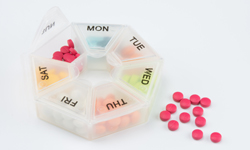
- Medication in liquid form is allowed in carry-on bags in excess of 3.4 ounces in reasonable quantities for the flight. It is not necessary to place medically required liquids in a zip-top bag. However, you must tell the officer that you have medically necessary liquids at the start of the screening checkpoint process. Medically required liquids will be subject to additional screening that could include being asked to open the container.
- You can bring your medication in pill or solid form in unlimited amounts as long as it is screened.
- You can travel with your medication in both carry-on and checked baggage. It’s highly recommended you place these items in your carry-on in the event that you need immediate access.
- TSA does not require passengers to have medications in prescription bottles, but states have individual laws regarding the labeling of prescription medication with which passengers need to comply.
- Medication is usually screened by X-ray; however, if a passenger does not want a medication X-rayed, he or she may ask for a visual inspection instead. This request must be made before any items are sent through the X-ray tunnel.
- Nitroglycerin tablets and spray (used to treat episodes of angina in people who have coronary artery disease) are permitted and have never been prohibited.
Everything you need to know about traveling with medication

While getting to travel is an incredible opportunity, it doesn't always come without some annoyances.
In addition to ongoing COVID-19 testing requirements and restrictions, you also have to deal with packing — in particular, how to pack medication you might need on the trip. After all, the last thing you want during a getaway is to run out of prescription medication (especially if you're stuck someplace due to a positive coronavirus result) or come down with a nasty head cold without access to over-the-counter medications.
For more TPG news delivered each morning to your inbox, sign up for our daily newsletter .
That's why it's essential to know certain key details when hitting the road with medications in tow . To find out the best way to be prepared for your vacation, TPG spoke with Dr. Julian Klapowitz of Travel Medicine Consultations, who shared everything you need to know about traveling with medication.
Should I pack my medication in my carry-on bag?

The short answer is yes; that way, you don't risk losing essential medicine in your checked luggage. In fact, the U.S. Centers for Disease Control and Prevention specifically recommends carrying your prescription medication.
"If I give someone three months of malaria pills, I still tell people to put everything in their carry-on," said Klapowitz. "That way, it doesn't accidentally get lost. Plus, the luggage storage area of the airplane can be freezing. So, anything liquid — like insulin — may end up frozen."
How much medication am I allowed to bring?
Generally speaking, 30 days' worth of medication is acceptable pretty much everywhere. If it's more than that, a doctor needs to provide a note, and you should also have the original prescription, according to Klapowitz. Just allow for extra time at security if you have larger amounts of pills or liquid medicine that doesn't fall into traditional TSA guidelines.
When traveling internationally, the quantity issue really boils down to the types of medications allowed in your destination.
What if I'm traveling for an extended period?
The same answer from above pretty much applies here.
"If you're traveling for more than 30 days, try to have the medication you will need for the entirety of the trip," said Klapowitz. "But, again, those larger quantities will require a doctor's note and original prescriptions to prove the need to travel with that amount."
How do I get medication abroad?
If you don't have enough medicine to get you through an entire vacation or are stuck needing something abroad, there are ways to get medication. Interestingly, the U.S. is more strict regarding many medications than many other countries where you can purchase antibiotics, blood pressure medications and a variety of other pills over the counter.
But, in some destinations, counterfeit medications are a major problem.
"You should be fine to walk into a pharmacy or doctor's office in places like Western Europe and know it's safe," said Klapowitz. "If you're somewhere that's not as reliable, contact the nearest U.S. embassy or consulate. They should be able to get you in touch with reputable doctors and pharmacies."
Are there destinations that have medication restrictions?
Yes, some destinations do have medication restrictions. For example, Japan doesn't allow certain allergy and sinus medications, and types of inhalers are illegal. Plus, travelers to the United Arab Emirates have ended up in prison because the country has strict narcotics laws.

"Before traveling internationally, check with the foreign embassy of your destination to make sure your medicines are allowed in that country," said Klapowitz. "If it is banned, talk with your doctor about possible alternatives. Or, if you plan to travel with it, be sure all medication is in the original bottle.
"You should also have a doctor's letter explaining the condition and need for the specific restricted medication and an original prescription," Klapowitz added. "Of course, it's not guaranteed you'll be allowed to keep it, but it certainly increases your chances."
Which medications are often restricted?
The most common banned substance is narcotics. "If somebody is thinking about taking codeine, Percocet, Vicodin or methadone, I usually advise to see if it's possible to travel abroad without them," said Klapowtiz.
"The same is true for some regulated psychotropic medications like Adderall and Ambien. But always do your research on the specific destination."
How can I travel with a restricted medication?
Unfortunately, sometimes the answer is that you just can't travel with restricted medication.
But, countries will have a variety of rules — i.e., allow 30-days' worth — so it's important to contact the embassy to see what's allowed. "
Again, if you plan to travel with a restricted medication, be sure you have the documentation to back it up, and everything is clearly labeled," said Klapowitz.
What if my medication is liquid?
If traveling domestically, liquids are allowed so long as they adhere to the TSA's 3.4-ounce rule and fit in a quart-sized bag.
The TSA will allow you to travel with more than that amount, but you must declare the liquid medications to TSA officers at security for inspection.
"The same is basically true for international destinations, so long as it's not a banned substance," said Klapowtiz. "Just be sure to have the original prescription and doctor's note, and leave time for extra security checks."
Can I bring syringes?
Usually, bringing sharp, pointy objects onto a plane isn't allowed. But, some medicines require the use of syringes or needles.
"If you have diabetes, for example, have the same documentation as you would for a restricted medication," said Klapowitz. "Unused syringes and needles are allowed when accompanied by the medication, prescription and doctor's note."
Are there medications I should always bring with me when I travel?
"I always recommend bringing Tylenol, Motrin or Advil for pain and fever, and Imodium for mild diarrhea," said Klapowitz.
"You should also consider taking an antacid if the local diet doesn't agree with you. Then, for anybody who gets motions sickness , pack Dramamine."
In addition to those standard medications, Klapowitz suggested bringing any OTC medications you commonly use.
- Share full article
Advertisement
Supported by
Travel Tips
How to Make Sure You Travel with Medication Legally
Traveling with medication — even prescription drugs — isn’t as simple as packing it. Here’s how to stay on the right side of the law, anywhere you go.

By Tanya Mohn
Travelers often pack medications when they go abroad, but some popular prescription and over-the-counter ones Americans use for things like pain relief, better sleep, allergies and even the common cold are illegal in some countries.
The United Arab Emirates and Japan, for example, are among the most restrictive nations, but many ban or restrict importing narcotics, sedatives, amphetamines and other common over-the-counter medications.
Most travelers won’t run into problems for carrying small amounts for personal use, said Katherine L. Harmon, who oversees health analysis for iJET International , a travel risk management company. But noncompliance can result in confiscation,(which could, in turn, have severe medical consequences), deportation, jail time, and even the death penalty. “Does it happen a lot? No. Could it? Yes,” Ms. Harmon said. “Consumers need to understand this and how it might adversely impact them before they book that awesome trip to an exotic location.”
She shared a few tips to keep you on the right side of the law, whatever you take and wherever you roam.
Laws vary by country and there is no central, up-to date repository, so Ms. Harmon suggests consulting your physician, travel medical insurance company, or local pharmacist four to six weeks before traveling. “When you inquire about your shots, ask about medications. Odds are they may not know off the top of their head, but they have the resources to find out.”
She also suggests checking with the embassy of your destination country. The State Department website lists foreign embassies in the United States, and their contact information. It also lists insurance providers that offer overseas health coverage. Comparison websites Insure My Trip and SquareMouth can help assess those insurance plans, if they’re necessary.
Label and Pack Your Medication Properly
Carry all of your medication — even vitamins and supplements — in their original, clearly marked containers or packaging in a clear plastic bag in carry on luggage. Make sure the name on the prescription, the medicine container and your passport (or one for the recepient of the medication) all match. If you lost the product information insert, ask the pharmacist to print a new one for you.
Also, check the Transportation Security Administration’s website for up-to-date rules and regulations on packing and carrying your medication when you depart. The standard rules for liquid carry-ons don’t apply to medications in liquid or gel form, but you need to inform the T.S.A. when you pass through security so they don’t confiscate it .
Obtain and Carry Necessary Documentation
Keep copies of your original prescriptions, if you can . Better yet, obtain a letter on official letterhead from your physician that lists the medicines you need and why they were prescribed. Ideally, you would get this translated to the language of your destination country, so it’s easy to read.
For some medication and specialized equipment used to administer them, some countries require documents to be submitted to government officials well in advance of your arrival. Ms. Harmon, for example, was questioned at the Singapore airport once for entering with an EpiPen, but she had prior authorization allowing its transport.
Know the Names and Amounts of Active Ingredients
The documentation you carry should also indicate the generic and chemical names of the active ingredients, which determines permissibility, not brand names.
For example, the active ingredient in Benadryl, diphenhydramine, is banned in Zambia in over-the counter products. In Japan, it is allowed only if the amount in a tablet or injection is limited. However, a typical 25 milligram tablet of Tylenol PM in the United States exceeds the 10 milligram maximum amount in a tablet you can bring into Japan. Some countries restrict the overall total amount of an active ingredient an individual traveler can legally import, which may impact longer stays.
Reduce or Substitute Medication
In countries where a medication is allowed, but its amount is capped, reducing your dosage or switching to another available medication is the best way to stay compliant. Allow enough time beforehand to ensure the smaller dose or new medicine works effectively, and consider making the switch before your trip to give yourself time to adjust.
Some medications can be used for several diagnoses. Hormones used for birth control may also be used to treat excessive menstrual bleeding, Ms. Harmon said. “Doctors need to get creative sometimes. Substitutions can allow authorities to accept the drug as a medical need rather than going against the country’s religious or moral code.”
Reassess Your Travel Plans
Parents with a child doing well on Adderall for attention deficit hyperactivity disorder who prefer not to make adjustments on the fly, or a student with bipolar disorder may want to consider vacation or study abroad locations where the medications they rely on for mental health are not banned or restricted.
“Viewpoints on treatment and diagnoses can vary widely,” Ms. Harmon said. “Western Europe and North America understand that brain chemistry is often at the root of these problems. But some countries, like Russia, do not consider mental health challenges as medical problems and often treat them criminally.”
Update April 12, 2024
Information for u.s. citizens in the middle east.
- Travel Advisories |
- Contact Us |
- MyTravelGov |
Find U.S. Embassies & Consulates
Travel.state.gov, congressional liaison, special issuance agency, u.s. passports, international travel, intercountry adoption, international parental child abduction, records and authentications, popular links, travel advisories, mytravelgov, stay connected, legal resources, legal information, info for u.s. law enforcement, replace or certify documents, before you go.
Learn About Your Destination
While Abroad
Emergencies
Share this page:
Crisis and Disaster Abroad: Be Ready
What the Department of State Can and Can't Do in a Crisis
Information for U.S. Citizens about a U.S. Government-Assisted Evacuation
Traveler's Checklist
Safety and Security Messaging
Best Practices for Traveler Safety
Staying Connected
Smart Traveler Enrollment Program (STEP)
Traveler Information
LGBTQI+ Travelers
Adventure Travel
High-Risk Area Travelers
Travelers with Dual Nationality
Journalist Travelers
Faith-Based Travelers
Pilgrimage Travelers (Hajj and Umrah)
U.S. Students Abroad
Cruise Ship Passengers
Women Travelers
Travelers with Disabilities
Older Travelers
U.S. Volunteers Abroad
Travelers with Pets
Travelers With Firearms
Travel Agents
Travel Safety - Race and Ethnicity
U.S. Travelers in Europe's Schengen Area
Your Health Abroad
Insurance Coverage Overseas
Driving and Road Safety Abroad
Customs and Import Restrictions
Information for U.S. Citizens in Russia – Travel Options Out of Russia
Lodging Safety
Get Help with a Medical Emergency Abroad
If you or a U.S. citizen loved one become seriously ill or injured abroad, we can:
- Help locate appropriate medical services.
- Inform your family or friends, with your permission.
- Help transfer funds to U.S. citizens overseas.
The U.S. government does not pay overseas medical bills. The patient must pay all hospital and other expenses.
You can find lists of doctors and hospitals in the country you are visiting. Check the website of the U.S. embassy in the country you are visiting.
Check Your Health Insurance – Are You Covered Abroad?
Understand what medical services your health insurance will cover overseas before traveling. Carry your insurance card and a claim form if your policy covers you outside the United States.
Medicare does not cover medical care when you travel the United States. Visit Medicare.gov for more information.
Some health insurance companies pay for “customary and reasonable” hospital costs abroad. Very few pay for your medical evacuation back to the United States. The cost may exceed $250,000, depending on your location and medical condition. Consider buying medical evacuation insurance. For more information, visit our webpage on Insurance Coverage Overseas .
Traveling with Prescription Medications
- Check with the foreign embassy of the country you are visiting or passing through. Check to make sure your medications are allowed, particularly prescriptions for medical marijuana. You may need an import license or permit to travel with certain medications.
- Bring plenty of medicine for your trip. If possible, bring a few extra days’ worth in case of delays. You might not be able to get the same medication abroad.
- Carry a letter from the doctor. It should describe your medical condition. It should also list any prescription drugs and their generic names.
- Keep medications in their original, labeled containers.
- Entering a country with a prescription medication, even if legally obtained in the United States, could be illegal and result in your detention or arrest overseas.
Medical Tourism Abroad
Between 150,000 and 320,000 U.S. citizens travel abroad for medical care each year. Medical tourism includes cosmetic surgery, dentistry, and other surgical procedures.
If you are a U.S. citizen considering travel abroad for medical care, you should:
- Verify the doctor’s training, qualifications, and reputation.
- Visit the U.S. Centers for Disease Control and Prevention (CDC) Medical Tourism website for more information on medical tourism.
- Check country information for more information.
Inform Yourself About Vaccinations
Some Countries Require Vaccinations
Before you travel, check country information . You may need to carry an International Certificate of Vaccination, also called a Yellow Card. You may also need to show proof of other inoculations or medical tests. Check also current requirements directly with the foreign embassies of the countries you are visiting.
Recommended Vaccinations and Malaria Prevention
Check the U.S. Centers for Disease Control (CDC) and World Health Organization (WHO) websites for recommended vaccinations and malaria prevention for your destination. Review the CDC’s webpage on Choosing a Drug to Prevent Malaria .
Travel Smartly with Prescription Medications
- Bring an ample supply of medication to cover you for your trip, and if possible, a few extra days in case there are delays.
- Carry a letter from the attending physician that describes your medical condition and any prescription medications, including the generic name of prescribed drugs.
- Check with the foreign embassy of the country you are visiting or transiting to make sure your medications are permitted in that country. Some countries require an import license or permit to travel with certain medications.
Being Prepared for a Pandemic
Review the U.S. Centers for Disease Control and Prevention website for information about pandemics. In a pandemic, virus control measures could affect your travel:
- Travel restrictions may prevent U.S. citizens from traveling internationally.
- Foreign governments may close borders suddenly or with little advance warning.
- Commercial air, land, and sea carriers could suspend some or all transportation services.
- Some countries may quarantine people who appear sick or test positive with the virus.
These developments could delay your travel or your return to the United States.
Other Health Considerations Abroad
- Review the CDC’s Traveler Advice.
- Review Traveling With Disabilities .
- Review Considerations for Older Travelers .
Enroll in STEP

Subscribe to get up-to-date safety and security information and help us reach you in an emergency abroad.
Recommended Web Browsers: Microsoft Edge or Google Chrome.
Learn about your destination
Make two copies of all of your travel documents in case of emergency, and leave one with a trusted friend or relative.
External Link
You are about to leave travel.state.gov for an external website that is not maintained by the U.S. Department of State.
Links to external websites are provided as a convenience and should not be construed as an endorsement by the U.S. Department of State of the views or products contained therein. If you wish to remain on travel.state.gov, click the "cancel" message.
You are about to visit:
- Type 2 Diabetes
- Heart Disease
- Digestive Health
- Multiple Sclerosis
- COVID-19 Vaccines
- Occupational Therapy
- Healthy Aging
- Health Insurance
- Public Health
- Patient Rights
- Caregivers & Loved Ones
- End of Life Concerns
- Health News
- Thyroid Test Analyzer
- Doctor Discussion Guides
- Hemoglobin A1c Test Analyzer
- Lipid Test Analyzer
- Complete Blood Count (CBC) Analyzer
- What to Buy
- Editorial Process
- Meet Our Medical Expert Board
How to Travel With Medications
Stay Healthy and Save Money
If you plan to travel to a foreign country, it is important that you provide for your medication needs before leaving. An illness in the middle of your trip can ruin your vacation and cost you money to get needed medications.
Depending on the circumstances, buying medications in foreign countries can be expensive. Moreover, in some countries, you may be at risk of getting a counterfeit drug.
By thinking ahead and packing smart, you can stay healthy and enjoy your time. This article will help you understand what you need to know about traveling with over-the-counter and prescription medications.
Organize a Health Kit
The Centers for Disease Control and Prevention (CDC) recommends that travelers assemble a health kit containing current prescription medications and over-the-counter (OTC) drugs that can be used to treat minor problems. What you include in your travel health kit depends upon your destination and length of travel.
You also should anticipate some disruption in travel plans and take extra medication so you do not run out. For example, you do not want to be stuck in an airport for an extra day without your diabetes medication or pain medication used to treat arthritis.
Which OTC Medications Should I Pack?
Since it is not practical to pack your entire medicine cabinet, your travel destination and your itinerary may help you decide which over-the-counter medications to buy for your kit.
For example, you are less likely to have diarrhea from drinking water in Canada than in Mexico. And, if you are planning a walking trip in London, you are less likely to need an anti-motion sickness medication.
The following are some basic medications to consider:
- Anti-diarrhea medication: Foodborne illness is very common and may cause diarrhea in up to 30% of travelers. This is especially common in parts of Central and South America, Africa, and Asia. Pack Imodium (loperamide) or Pepto-Bismol (bismuth subsalicylate).
- Antihistamine: To treat an allergic reaction, pack an antihistamine that will not make you drowsy, such as Claritin (loratadine).
- Anti-motion sickness medication: For a bumpy plane or boat ride, pack some Dramamine (dimenhydrinate).
- Medicine for pain or fever: Pack your preferred painkiller, such as acetaminophen or ibuprofen.
- Mild laxative or stool softener: Changes in your eating routine and access to different foods can cause constipation . Pack a laxative containing bisacodyl such as Dulcolax or a stool softener such as Colace (docusate).
- Antifungal ointment or cream: Fungal infections of the skin, such as ringworm and athlete’s foot are common, especially in warm climates. Pack a tube of Tinactin (tolnaftate) or Lotrimin (clotrimazole).
- Antibacterial ointments or creams: To help prevent a skin infection from a minor cut or scrape, pack a tube of Neosporin Ointment (polymyxin B, bacitracin, and neomycin).
How Do I Manage My Prescription Medications on a Trip?
Before you leave for your trip, see your healthcare provider to get an ample supply of all your prescription medications. Also, talk to your practitioner about your change in schedule and ask when to take medications if you are moving through different time zones.
If you are traveling to a country with malaria , talk with your healthcare provider about getting a prescription for a medication to prevent malaria, such as Lariam (Mefloquine), Malarone (atovaquone, proguanil), or doxycycline (the CDC has a guide to each of the available medications, some of which are recommended for certain areas).
If your destination is a country that puts you at high risk of diarrhea or other bacterial infections, ask your practitioner about the possibility of getting a prescription for an antibiotic, such as Cipro (ciprofloxacin).
Talk to your pharmacist about drug-food interactions. Since your diet may change during your trip, your pharmacist can advise you about foods that could affect your medications.
Pack your travel health kit, including your prescription medications, in your carry-on luggage. Make copies of your prescriptions and pack them with your medications. You should also leave a copy of your prescriptions at home with a friend or family member.
Make a list of your medications, including the generic names and brand names, and what conditions the medications treat. That will make it easier to find a replacement if you run out of or lose your medications .
Will I Have Problems Crossing Borders With My Medications?
If you use a controlled substance, such as a sedative, tranquilizer or narcotic pain medication, make sure you obtain a letter from your healthcare provider, on the practitioner’s stationery, stating why you need the drug.
Without such a letter, these medications may not be allowed into another country or allowed back into the U.S. when you return.
Likewise, you should have a letter from your healthcare provider if you take any medication by injection and you have to carry needles and syringes.
Make sure that all medications are labeled properly. The safest way to carry your medications is in the original bottles, which will also speed the process if your carry-on bags are inspected (this applies to vitamins and supplements as well).
However, if you do not have enough space for the bottles in your carry-on, you can transfer them to small plastic bags. When you have your prescription filled, the pharmacy will give you a print-out that usually has a tear-off section on the top that has the same information as the label on your medication container. You can enclose this tear-off sheet in the plastic bag.
But note that the Transportation Security Administration—TSA— clarifies that although they do not require travelers to have medications in their original pharmacy-provided containers, "states have individual laws regarding the labeling of prescription medication with which passengers need to comply."
You'll also want to make sure that the name on your prescriptions , pill bottles (or tear-off sheet if you're packing your medications in a bag or pill sorter), and ID or passport all match.
If you have a liquid medication, TSA doesn't require it to be less than 3.4 ounces (the rule that applies to most other liquids), but you do need to tell the TSA agent that you have medically necessary liquids in your bag when you start the screening process at the airport.
Even with all of that planning, it's important to also have a clear understanding of the laws and regulations in your destination country. In some cases, you might find that a particular destination's rules simply aren't compatible with a medication that you take , and you may want to consider a different destination instead.
You can discuss the specifics with your healthcare provider, your pharmacist, and the U.S. embassy in the country you're considering visiting . The embassy will be able to tell you whether a medication you take is banned in the country or only allowed in limited quantities.
Where Can I Get More Information Before I Leave on My Trip?
Centers for Disease Control and Prevention: The CDC maintains an excellent Travelers’ Health website that includes a wide range of information about travel issues related to health. One section of the site has an interactive map that provides access to health information for each country. And their traveling abroad with medicine page is a must-read if you're planning a trip outside the U.S. and will need to bring medication with you.
Transportation Security Administration (TSA): The TSA provides online information for travelers with disabilities and medical conditions, and it explains the current requirements for how to go through airport security with medications.
U.S. Department of State: The State Department maintains a travel website that provides a profile about the current status of every country in the world. These profiles include information about health-related issues and often highlight issues with prescription medications.
Transportation Security Administration : TSA has a helpful page about disabilities and medical conditions . It includes a tool that allows you to select from among a range of common disabilities and medical conditions to see exactly what you need to know about the screening process and any steps you might want to take in advance to make it as smooth as possible.
Traveling with medications is common, but does require some advance planning. It's generally advisable to pack medications in your carry-on luggage, and to have copies of your prescriptions with you. Liquid medications can be brought onboard aircraft even in quantities greater than the limits that apply to other liquids, but you'll need to notify the TSA screening agent of your liquid medication. For controlled substances, you'll need a letter from your medical practitioner, explaining why you need the medication. And there are some countries where certain medications simply aren't allowed, even though they're prescribed in other countries.
A Word From Verywell
Staying healthy on your trip can save you a lot of money. Out-of-pocket medical expenses in a foreign country can be enormous. Make sure to purchase travel insurance before you leave and pack your medications !
Centers for Disease Control and Prevention. Travelers' Health .
Centers for Disease Control and Prevention. Choosing a Drug to Prevent Malaria .
Transportation Security Administration. Can You Pack Your Meds in a Pill Case and More Questions Answered .
Centers for Disease Control and Prevention. Traveling Abroad with Medicine .
Mohn, Tanya. New York Times. How to Make Sure You Travel with Medication Legally .
Transportation Security Administration. Disabilities and Medical Conditions ; and TSA Cares: Traveling with Medication ; and Can you pack your meds in a pill case and more questions answered .
By Michael Bihari, MD Michael Bihari, MD, is a board-certified pediatrician, health educator, and medical writer, and president emeritus of the Community Health Center of Cape Cod.
Thanks for visiting! GoodRx is not available outside of the United States. If you are trying to access this site from the United States and believe you have received this message in error, please reach out to [email protected] and let us know.
June 1, 2020
Due to travel restrictions, plans are only available with travel dates on or after
Due to travel restrictions, plans are only available with effective start dates on or after
Ukraine; Belarus; Moldova, Republic of; North Korea, Democratic People's Rep; Russia; Israel
This is a test environment. Please proceed to AllianzTravelInsurance.com and remove all bookmarks or references to this site.

Use this tool to calculate all purchases like ski-lift passes, show tickets, or even rental equipment.

Healthy Tips for Traveling with Medicine Overseas
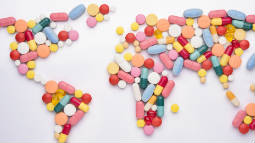
Get a Quote
{{travelBanText}} {{travelBanDateFormatted}}.
{{annualTravelBanText}} {{travelBanDateFormatted}}.
If your trip involves multiple destinations, please enter the destination where you’ll be spending the most time. It is not required to list all destinations on your policy.
Age of Traveler
Ages: {{quote.travelers_ages}}
If you were referred by a travel agent, enter the ACCAM number provided by your agent.
Travel Dates
{{quote.travel_dates ? quote.travel_dates : "Departure - Return" | formatDates}}
Plan Start Date
{{quote.start_date ? quote.start_date : "Date"}}
Share this Page
- {{errorMsgSendSocialEmail}}
Your browser does not support iframes.
Popular Travel Insurance Plans
- Annual Travel Insurance
- Cruise Insurance
- Domestic Travel Insurance
- International Travel Insurance
- Rental Car Insurance
View all of our travel insurance products
Terms, conditions, and exclusions apply. Please see your plan for full details. Benefits/Coverage may vary by state, and sublimits may apply.

Insurance benefits underwritten by BCS Insurance Company (OH, Administrative Office: 2 Mid America Plaza, Suite 200, Oakbrook Terrace, IL 60181), rated “A” (Excellent) by A.M. Best Co., under BCS Form No. 52.201 series or 52.401 series, or Jefferson Insurance Company (NY, Administrative Office: 9950 Mayland Drive, Richmond, VA 23233), rated “A+” (Superior) by A.M. Best Co., under Jefferson Form No. 101-C series or 101-P series, depending on your state of residence and plan chosen. A+ (Superior) and A (Excellent) are the 2nd and 3rd highest, respectively, of A.M. Best's 13 Financial Strength Ratings. Plans only available to U.S. residents and may not be available in all jurisdictions. Allianz Global Assistance and Allianz Travel Insurance are marks of AGA Service Company dba Allianz Global Assistance or its affiliates. Allianz Travel Insurance products are distributed by Allianz Global Assistance, the licensed producer and administrator of these plans and an affiliate of Jefferson Insurance Company. The insured shall not receive any special benefit or advantage due to the affiliation between AGA Service Company and Jefferson Insurance Company. Plans include insurance benefits and assistance services. Any Non-Insurance Assistance services purchased are provided through AGA Service Company. Except as expressly provided under your plan, you are responsible for charges you incur from third parties. Contact AGA Service Company at 800-284-8300 or 9950 Mayland Drive, Richmond, VA 23233 or [email protected] .
Return To Log In
Your session has expired. We are redirecting you to our sign-in page.
Your Ultimate Guide To Traveling & Prescription Medications
- July 24, 2023
- Lauren Stuttaford
Traveling with prescription drugs internationally requires some extra planning and consideration. So, whether you’re exploring a foreign country or going on a business trip, it’s essential to know how to travel with prescription medication to ensure a smooth journey and uninterrupted health management.
In this guide, we’ll cover everything you need to know about traveling with prescription medicine, from international regulations to obtaining prescriptions abroad and more.

Can you travel internationally with prescription drugs?
Can you travel with prescription medicine? Yes, you can generally travel with prescription meds. However, it’s important to be aware of the specific regulations and restrictions of your destination country. Different countries have different rules about what medications are allowed, and what documentation you need to have with you.
For example, some countries require travelers to carry a doctor’s note, a translated prescription, or even a specific import permit for certain medications. It’s important to do your research and understand the specific rules of your destination country before traveling with prescription drugs internationally.
How to check local regulations for traveling with prescription medications?
Traveling with prescription medication can be a daunting task, especially if you’re not sure what the local regulations are in your destination country. To avoid any potential problems, it’s important to do your research and understand the specific rules of the country you’re visiting.
If you need information about traveling with prescription drugs internationally, here are a few tips on how to check local regulations for traveling with prescription drugs internationally:
- Contact the embassy or consulate of your destination country. This is the best way to get up-to-date information on the country’s medication importation policies. They will be able to tell you what medications are allowed, what documentation you need to have with you, and any other important information you need to know.
- Consult with a travel health specialist. A travel health specialist can help you understand the local regulations for your destination country and make sure you have everything you need to travel safely.
- Check the website of the Centers for Disease Control and Prevention (CDC). The CDC website has a wealth of information on traveling with prescription medications, including a list of countries with specific regulations.
- Do a Google search. A simple Google search can often turn up helpful information on the local regulations for traveling with prescription medications.
Once you’ve done your research, you’ll be well on your way to traveling with prescription medications safely and legally.

How to travel with prescription drugs internationally: flying with prescribed medication
Traveling with prescription drugs internationally can be a daunting task, but it doesn’t have to be. By following a few simple guidelines, you can ensure that you have everything you need during your journey and avoid any potential problems with the TSA.
Tips for flying with prescription medications:
- The best way to travel with prescription medication is to keep your medications in their original packaging, labeled with your name, prescription details, and dosage instructions.
- Pack your medications in your carry-on bag. This will help prevent loss or delays.
- Bring extra medications. Pack more than enough medication to cover your trip in case of unexpected delays or extensions.
- Store medications properly. Ensure medications are stored at the appropriate temperature, especially if some require refrigeration.
- Check the rules for liquids and gels, as some countries have restrictions on the amount of these items you can bring into the country.
- Contact the embassy or consulate of your destination country for up-to-date information on the country’s medication importation policies.
Familiarize yourself with TSA regulations for traveling with prescription medications:
When it comes to traveling with prescriptions TSA allows you to bring prescription medications in your carry-on bag or your checked luggage. However, there are some specific requirements that you must follow:
- Medications must be in their original containers, labeled with your name and prescription details.
- Liquid medications must be in containers that are 3.4 ounces or less and placed in a single, clear, quart-sized zip-top bag.
- If you have more than 3.4 ounces of a liquid medication, you can bring it with you if you have a doctor’s note or prescription.
- Controlled substances must be declared to the TSA at the security checkpoint.
Check out our comprehensive guide on Flying with Prescribed Drugs: How-to Pack, Tips & More! [Ultimate Travel Guide] . This guide covers essential tips on organizing your medications, packing them securely, and carrying the necessary documentation.
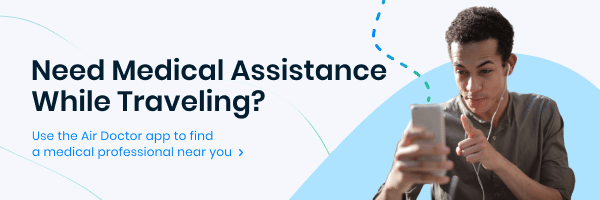
What should you do when you need to fill a prescription abroad?
When it comes to international travel with prescription meds, the thought of running out of medication while abroad can be stressful. If you find yourself in this situation, there are a few things you can do.
Can you fill prescriptions abroad?
In most cases, you can fill prescriptions abroad. However, there are some important factors to consider, like medication importation policies of your destination country and the availability of your medication in that country.
How to fill prescriptions abroad:
Here are some tips on how to fill prescriptions abroad:
- Do your research. Before you travel, it’s a good idea to do some research on the medication importation policies of your destination country. This will help you understand what medications are allowed and what documentation you need to have with you.
- Contact your doctor. If you’re not sure whether you can fill your prescription abroad, contact your doctor. They may be able to prescribe the medication you need or recommend a local healthcare provider who can help you.
- Bring a copy of your prescription. It’s always a good idea to bring a copy of your prescription with you when you travel. This will make it easier to fill your prescription if you need to.
- Be prepared to pay out of pocket. Even if your insurance company covers the cost of filling a prescription abroad, you may still have to pay a copayment or deductible. It’s important to be prepared to pay out of pocket for your medication if necessary.
Running out of medication while abroad can be stressful. Check out our guide on
Filling Prescriptions Abroad: When Travelling Internationally for step-by-step instructions on obtaining prescription medications in a foreign country.
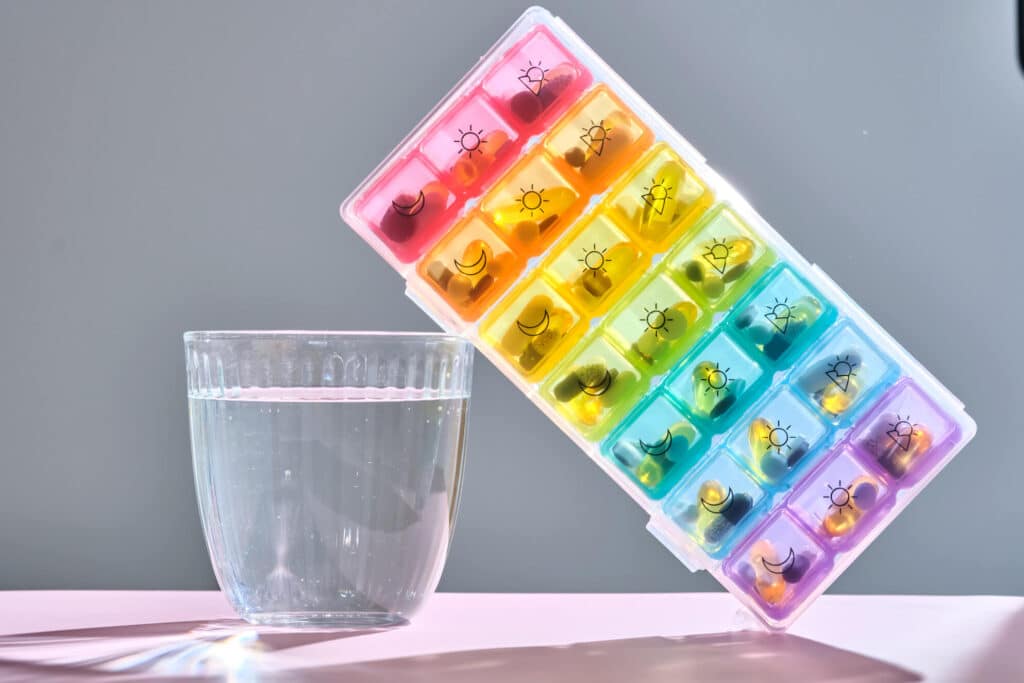
How to get prescriptions abroad:
If you need a new prescription while traveling, it’s essential to know the options available to you. Here are some tips to help you prepare before your trip when traveling with prescriptions internationally, and even how you can get prescriptions when traveling.
The importance of being prepared:
Preparing before your trip, like arranging prescriptions for medications, is crucial because regulations vary from country to country. When it comes to traveling with prescription drugs internationally, you’ll want to make sure you have the required documentation and understand local laws. This guarantees a smooth journey and ensures you can maintain your medication management. If you don’t prepare you could face unexpected hurdles and potential health risks, so research and plan for a safe and enjoyable travel experience.
Taking prescription drugs abroad – preparing before your trip:
- Talk to your doctor. Before you travel, talk to your doctor about your medication needs. They can help you understand the medication importation policies of your destination country and recommend a course of action if you need to get a new prescription while you’re abroad.
- Get a copy of your prescription. Make sure you have a copy of your prescription with you when you travel. This will make it easier to fill your prescription if you need to.
- Research the medication importation policies of your destination country. Different countries have different rules about what medications are allowed and what documentation you need to have with you. Do some research before you go to make sure you know what to expect.
How to get prescriptions when traveling:
When it comes to international travel prescriptions, there are a few different ways to get prescriptions when you’re traveling abroad:
- Contact your doctor or a local healthcare provider. Your doctor or a local healthcare provider may be able to prescribe the medication you need.
- Visit a local pharmacy. Many pharmacies in foreign countries can fill prescriptions from doctors in other countries. However, it’s important to check with the pharmacy before you go to make sure they can fill your prescription.
- Use a travel health clinic or medical tourism company. Travel health clinics and medical tourism companies can help you get prescriptions while you’re abroad. They often have a network of doctors and pharmacies that they work with, so they can help you find the best option for your needs.
Head to our blog post: Prescriptions While Traveling: Your Guide to Getting Medication Abroad , for the ultimate guide on getting prescriptions while abroad. It explains various ways to obtain necessary prescriptions in different countries and more useful tips for international travel and prescription medication.
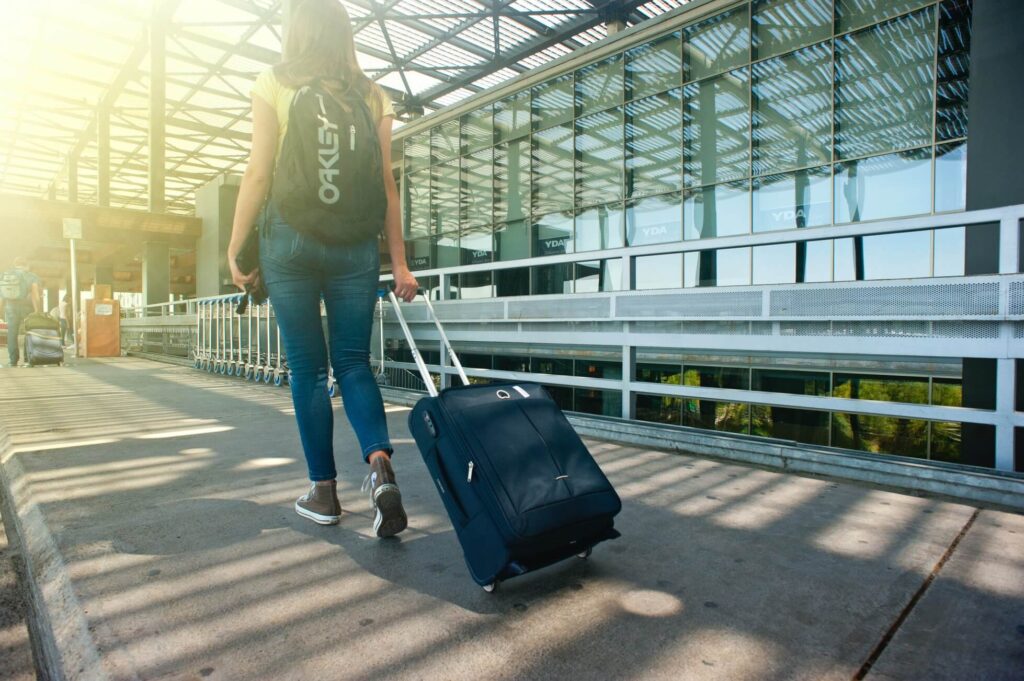
What to do if you lose your medication while abroad
- Take a deep breath and stay calm. It’s okay to be upset, but it’s important to stay calm so you can think clearly.
- Retrace your steps. Go back to the last place you remember having your medication and thoroughly search the area.
- If you’re traveling, report the loss to the local police. You can also ask them for a written report for documentation.
- Contact your doctor and pharmacy. Let them know that you’ve lost your medication and see if they can help you get a replacement.
- If it’s a critical medication, contact your doctor immediately. They can advise you on the next steps, which may include getting an emergency prescription or switching to a different medication.
- Consider using a pill organizer or keeping your medications in a secure location. This can help prevent future losses.
What to consider when traveling with prescription drugs
- Check the local regulations: Research the specific country’s laws and regulations regarding prescription medications to ensure compliance.
- Carry a doctor’s note: Obtain a letter from your healthcare provider stating your medical condition, prescribed drugs, and their purpose for customs clearance.
- Make sure you have sufficient supply: Carry an adequate amount of medication for the entire trip, including extra for unexpected delays.
- Don’t throw away original packaging: Keep medications in their original labeled containers to avoid confusion and prove legitimacy.
- Translation services if needed: If traveling to a country with a different language, have a translated copy of your prescription and medical documents.
- Always declare at customs: Disclose your prescription drugs to customs officials, if required, to prevent any issues at the border.
- Secure storage: Keep medications in a safe and cool place to maintain their efficacy throughout the journey.
Dealing with travelers’ diarrhea & getting prescription meds abroad
While traveling, a common health concern many people experience is travelers’ diarrhea. Changes in diet, water quality, and exposure to new bacteria can lead to this uncomfortable condition. Make sure you’re prepared and know what to do by reading our blog post on Traveler’s Diarrhea: Getting Prescribed Medicine Abroad .
Remember, seeking medical help can make a significant difference in quickly overcoming this temporary health issue and getting back to enjoying your travel adventures.
How Air Doctor can help you
Air Doctor is a valuable resource for travelers. The easy-to-use app instantly and seamlessly connects travelers to a global network of over 20,000 multi-lingual doctors and specialists so they can access trusted, quality medical care anywhere, anytime.
If you ever find yourself in need of medical assistance during your journey, you can use Air Doctor (with or without insurance) to find a doctor that meets your preferences (like language, gender, specialty, and more), and choose from clinic, at-home (hotel), and video consultations.
The Air Doctor solution accommodates multiple languages – with 24/7 multi-lingual support, doctors proficient in multiple languages, and an app which supports various major languages – in addition to video consultations in up to 21 languages.
Plus, we’re able to provide valid, local prescriptions through our cross-border telemedicine services.
The service makes it easier to manage any health-related concerns while traveling.
Download the app before your next trip.
Safe travels!

How To Elope: Everything You Need To Know
In this guide, we'll give you everything you need to know when figuring out how to elope. Ready to go...

How To Elope In Italy 101
Want to elope in Italy? Here's everything you need to know about eloping in Italy, how to plan it, and...

The Ultimate Guide To Elopement Packages
In this guide, we'll break down what elopement packages are, what to expect, and how to find the perfect package...

5 Best Places To Elope To (+ Tips To Plan The Trip)
Let's be honest, eloping is the best way to tie the knot. So here's a list of the best places...

The Ultimate Guide To Cheap Cruises For Families
All aboard for the ultimate cruise guide! Join us as we tell you everything you need to know to plan...

Super Easy Vacation Meals For Family Trips
In this guide, we'll look at some super easy vacation meals for family trips. Plus, other tips and tricks for...

26 Best Family Vacation Planning Apps
From booking accommodations to organizing your packing, we've got the top family vacation planning apps to make vacay planning a...

Ultimate Guide to Entertaining Your Kids While Traveling
Whether you're traveling by plane or car, we'll give you everything you need to know about entertaining kids while traveling!

6 Inexpensive Family Vacations For Spring Break
Here's a list of the 6 best inexpensive family vacations for spring break, as well as rough costs, and activities...

Jenny Cohen Derfler
Air dr ceo & co-founder.
Jenny is the CEO and one of the Co-Founders at Air Doctor. She spent more than 20 years at Intel, most recently as general manager of its manufacturing facility in Israel and before that in various engineering and manufacturing roles in Silicon Valley. Air Doctor is her second startup having previously founded electric vehicle company ElectRoad.

Emergency Support
In case of emergency abroad, first call the local equivalent of 911 listed in the global 911 directory .
You may also contact International SOS by phone at +1-617-998-0000 or through the Assistance App .
IEMT Portal
Access your International Emergency Management Team (IEMT) portal for information.
Tips for Traveling with Medication

Photo via Tomek Baginski/Unsplash
Many common U.S. medications and supplements are illegal abroad or require government authorization before your arrival.
Drug Facts: Traveling with Medication
Adderall. Benadryl. Birth control. Protein powder. These are just a few of the common U.S. medications and supplements that are illegal in some countries or require government authorization prior to your arrival.
Travelers are often caught off guard by the wide variance of laws regulating the importation of and access to medications across borders, whether mailed or hand carried. Depending on your destination, you could be subject to increased scrutiny from customs officials ( not a big deal, you think ) or confiscation and imprisonment ( that escalated quickly ). In Turkey, Egypt, and Malaysia, for example, a drug offense conviction can result in the death penalty.
Know Before You Go
Be aware of your destination’s banned and restricted medications. The US embassy website of your destination country is a good place to start—a quick query in the search bar should do the trick. You can also check your airline's website to see if things like flying with Adderall, for example, are prohibited.
If any of your medications are on the embassy's or airline's list of banned or restricted substances, you'll need to talk with your health care provider about suitable alternatives. Make sure the alternative medications are legally permitted and readily available in your destination.
Common Restrictions
- Narcotics and psychotropic medications (e.g. Adderall and Ambien)
- Over-the-counter medications and nutritional supplements (e.g. protein powder)
- Hormone medications (e.g. birth control pills, morning after pills, and hormone therapy medication for gender transition)
- Certain ingredients or quantities of ingredients (e.g. pseudoephedrine found in Sudafed, and diphenhydramine HCI found in Benadryl and Tylenol PM)
Ignorance isn’t an Excuse
Take this example of an American Toyota executive arrested in Tokyo after Japanese customs officials found a controlled pain medication in a package she mailed to herself. Japanese authorities can detain suspects without charge for up to 23 days, and the executive spent almost three weeks in jail before being released without charge. At a press conference, Toyota explained that their executive did not intentionally violate local laws; however, ignorance, in this case, had serious repercussions .
Chronic Conditions
For travelers with chronic physical or mental health conditions, anticipate how your new environment can affect your health. For example, if you have asthma and are traveling to areas with high levels of air pollution, you’ll want to discuss mitigation strategies with your health care provider. If you require injections, you’ll need to review airline and country-specific regulations for traveling with needles or syringes. Many airlines, like Emirates, have a list of prohibited goods on their website, as well as guidelines for traveling with a chronic health condition.
Mental Health
Practice self-care; difficulty in adjustment can be mitigated by trying to maintain your daily routine while abroad. If there are aspects of your routine that keep you happy at home—for example, working out—try to find facilities in your destination by which you can continue them.
Preexisting mental health conditions can be intensified by living in a different culture, and local resources may be less than or different from those to which you’re accustomed to at home. Discuss these concerns with your health care provider and know the counseling resources available to you abroad—including International SOS —should you need help.
Sexual and Reproductive Health
Cultural norms and laws that impact individuals’ access to sexual and reproductive health vary by country (and by state in the US). Consider bringing personal care and health-related items that may be unavailable or difficult to obtain in your destination, including menstruation products and contraceptives; as with your prescription and over-the-counter medications, make sure any contraceptives you bring with you are legal in your destination country.
Before You Leave
- Research your destination and transit locations. The International SOS destination guides, available in the Assistance App and member portal , include medical information such as vaccines, documentation, medication, clinics, and hospitals. Log in with your HarvardKey.
- If you're traveling to a region with a high risk of malaria, review the CDC's malaria advice and assess whether you'd like to carry preventative medication with you. Speak to your doctor about obtaining malaria medication, and treat it during travel just like you would any other prescription.
- Obtain necessary permits or government authorization.
- Ask your doctor for a letter on their letterhead explaining your medical treatment and necessity, translated into the host country’s language, if necessary.
- If you have to take your medication at a specific time, talk with your doctor about adjusting your schedule accordingly based on your travel time and time zone changes.
- Pack enough medication to last the length of your trip—plus extra in case of delays, but no more than personal-use quantities.
During Travel
- Keep all medications in your carry-on luggage and in their original, labeled containers; do not combine multiple medications into one container.
- The name on the prescription should match the name on travel documents and identification.
- Be prepared for additional screening.
- Carry a written prescription and a letter from your doctor explaining the medication and medical condition.
- Do not have banned or controlled substances mailed to you.
- In case of an emergency, contact International SOS if you are sick, injured, or need medical advice.
Returning to the U.S.
- If you're prescribed medication abroad, review U.S. Customs & Border Patrol's list of restricted and prohibited items to certify that medication obtained abroad may be brought back into the country.
- Declare all medication and associated items at customs.
- Carry medication obtained abroad in its original container.
Further Reading

Coronavirus: Advice for Travelers

Food and Drink Safety While Abroad
Stay up to date, please check the box below to proceed..
- Skip to primary navigation
- Skip to main content
- Skip to primary sidebar
- Skip to footer

- Best Global Medical Insurance Companies
- Student Insurance
- Overseas Health Insurance
- Insurance for American Expats Abroad
- Canadian Expats – Insurance and Overseas Health
- Health Insurance for UK Citizens Living Abroad
- Expat Insurance for Japanese Abroad
- Expat Insurance for Germans Living Abroad
- Travel Medical Insurance Plans
- Annual Travel Insurance
- Visitors Insurance
- Top 10 Travel Insurance Companies
- Evacuation Insurance Plans
- Trip Cancellation Insurance
- International Life Insurance
- Corporate and Employee Groups
- Group Global Medical Insurance
- Group Travel Insurance
- Group Life Insurance
- Foreign General Liability for Organizations
- Missionary Groups
- School & Student Groups
- Volunteer Programs and Non-Profits
- Bupa Global Health Insurance
- Cigna Close Care
- Cigna Global Health Insurance
- Cigna Healthguard
- Xplorer Health Insurance Plan
- Navigator Student Health Insurance
- Voyager Travel Medical Plan
- Trekker Annual Multi-Trip Travel Insurance
- Global Medical Insurance Plan
- Patriot Travel Insurance
- Global Prima Medical Insurance
- Student Health Advantage
- Patriot Exchange – Insurance for Students
- SimpleCare Health Plan
- WorldCare Health Plan
- Seven Corners Travel Insurance
- SafeTreker Travel Insurance Plan
- Unisure International Insurance
- William Russell Life Insurance
- William Russell Health Insurance
- Atlas Travel Insurance
- StudentSecure Insurance
- Compare Global Health Insurance Plans
- Compare Travel Insurance Plans
- Health Insurance in the USA
- Health Insurance in Mexico
- Health Insurance in Canada
- Health Insurance in Argentina
- Health Insurance in Colombia for Foreigners
- Health Insurance in Chile
- UK Health Insurance Plans for Foreigners
- Health Insurance in Germany
- French Health Insurance
- Italian Health Insurance
- Health Insurance in Sweden for Foreigners
- Portuguese Health Insurance
- Health Insurance in Spain for Foreigners
- Health Insurance in China
- Health Insurance in Japan
- Health Insurance in Dubai
- Health Insurance in India
- Thailand Health Insurance
- Malaysian Health Insurance for Foreigners
- Health Insurance in Singapore for Foreigners
- Australian Health Insurance for Foreigners
- Health Insurance in New Zealand
- South Africa Health Insurance for Foreigners
- USA Travel Insurance
- Australia Travel Insurance
- Mexico Travel Insurance
- News, Global Health Advice, and Travel Tips
- Insurance Articles
- Travel Advice and Tips
- Best Travel Insurance for Seniors
- Best Hospitals in the United States
- Best International Hospitals in the UK
- Best Hospitals in Mexico
Or call for a quote: 877-758-4881 +44 (20) 35450909
International Citizens Insurance
Medical, Life and Travel Plans!
U.S. 877-758-4881 - Intl. +44 (20) 35450909
Traveling with Prescription Medication Internationally

You might want to use a workaround, such as having a friend or family member ship you drugs, but you could be breaking the law. To avoid potential consequences, you must pay close attention to government rules and regulations around shipping and bringing medications into a new country. Traveling with prescription drugs internationally takes careful planning.
To help maintain your health while staying out of trouble, you should prepare at home. Before moving abroad or traveling for an extended period, talk to your prescribing doctor about your medicines, get a good insurance policy , know the laws in your destination, and organize your documents.
Planning to Travel Abroad? Consider Travel Insurance to cover unexpected medical emergencies.
Speak With Your Prescribing Doctor
As you prepare for traveling with prescription medication overseas, schedule a planning appointment with your doctor weeks or even months before you leave. Discuss your prescription medicines and your options for bringing them with you.
In some cases, your doctor may be able to prescribe you more medicine than usual. With pills, for example, your provider could write a refillable 90-day prescription rather than a 30-day prescription or give you some extra samples. Your doctor might also prescribe you a larger dose of medicine, give you 20 mg pills rather than 10 mg, and ask you to split them so they’ll last longer.
If your doctor cannot legally prescribe enough medication to last your entire stay, they can recommend an alternative to look for in the other country. Be sure to purchase international health insurance before traveling or moving. Your doctor can also tell you what to ask a new prescriber about replacing your current medication with the same effects.
You should also talk about the non-prescription medicines you take in case they’re unavailable or banned in your destination country. Your doctor may be able to write you a new prescription or a letter explaining why you need the medicines. They can use the same strategy as above and give you an alternative depending on the active ingredient if a certain brand is unavailable.

Featured: Travel Medical Insurance

Patriot Platinum Travel Insurance
- Maximum limits up to $8,000,000
- IMG pays 100% of medical expenses in-network
- Evacuation due to Natural Disasters & Political Unrest
Which Medications Are Illegal to Bring Abroad?
Some drugs are available over the counter in one country and unavailable or banned in your destination country. In the United States, for example, you can buy Sudafed at a local pharmacy or grocery store. In Japan , however, you’re not allowed to bring Sudafed over the borders as you would be breaking the law.
Read More: Saftey and Travel Advice for Japan
Stimulants such as pseudoephedrine, the active ingredient in Sudafed, are illegal in Colombia and Mexico .
Other commonly used medications often banned in other countries include sleep aids such as Ambien, attention-deficit disorder medications such as Adderall and Ritalin, and pain relievers such as OxyContin and Vicodin.
Medication requiring syringes or other equipment, such as a diabetes pump, might also need to be pre-approved before entering a new country.
Your drugs may be confiscated if you do not comply with the rules and regulations while traveling with prescription medication overseas. Even worse, you could face a fine, deportation, or jail time.

Flying with Medications
Yes. You can take prescription medications on a plane. If you are flying internationally and need to bring your medications, there are some specific considerations. Much of the same advice applies: read up on the local laws and regulations, have your prescriptions available to show when requested, and let officials know in advance what you are bringing. The most challenging part of the trip will be getting through airport security. Plan to have extra time available to deal with additional security questions that may arise.
Packing your medications in checked baggage will be easier if you can. In the USA, the (TSA) limits the amount of liquids you can bring in your carry-on to 100 mL or 3.4 ounces. Liquid medications in containers above the set limits will cause problems, so bring small containers for those items when possible. Prescribed medications typically are not bound by these restrictions or limitations.
Transportation Security Administration ( TSA ) suggests that you carry only the prescription drugs and medical liquids you need during your flight in your carry-on bag. However, travel experts recommend you take all medications and medical supplies in your carry-on luggage when possible. Delays during your travels can leave you without enough medicine as you cannot access your checked baggage until you reach your final destination. There is an additional risk that your prescription drugs or medical supplies may disappear from checked baggage, or your baggage may be lost completely.
Medications that require storage at a specific temperature can be carried in a cooler with ice packs.
There are typically no limits on the amount of medication you can carry on as long as it is in pill or solid form.
Finally, we suggest keeping your medication in its original prescribed containers with appropriate labels.
Request Permission From the Embassy
If your medication is banned in your destination country but vital to your care, you can request to bring it in by contacting your home country’s embassy. You can also contact the embassy for help bringing larger quantities of your medicine in if the destination has a cap. If you’re struggling with how to travel with prescription drugs internationally, the embassy should be able to answer your questions.
You may also be wondering, can you send medication overseas? Many governments, such as the United States, do not allow you to mail medication . Only the DEA can ship medication. Other countries may be looser, however, depending on your documented medical necessity. The answer depends on your response from your home country’s embassy.
Secure Comprehensive International Health Insurance
With the rise of telemedicine, you may feel like setting up a virtual doctor’s appointment with your provider from home. Government regulations, however, do not allow doctors to treat patients across international borders.
If your doctor cannot send you to a new country with enough medication to last your full stay, you might need to seek out a new prescription in your destination. Visiting a doctor without health insurance, however, is expensive. And so is paying out of pocket for medication.
Before seeking out care outside of your home country, it’s important to invest in international insurance . If you choose a solid, comprehensive plan, your insurance company can help you locate in-network prescribing doctors abroad. If you’ve chosen a plan above the basic option, your insurance should also cover part or all the cost of your new prescription drugs. Insurance also helps financially protect you from other costs, such as lab tests if you need any before taking or monitoring your health while taking a new drug.
Looking for international medical insurance?
Request a free quote and one of our specialists will contact you.
Organize and Document Your Prescriptions
Whether you’re bringing your own medicine abroad with you or will find a replacement after you move, there are general tips to follow either way. Make sure you know what you’re taking and it’s been properly documented so you can best prepare to move abroad.
Before traveling with prescription medication overseas, it’s essential to:
- Keep your medicines in their original containers
- Bring copies of your prescriptions with you
- Have a letter from your doctor explaining why you need your medicines
- Ensure your drugs have your full passport name on them
- Know the real name of your medication, not just the brand name
- Be able to identify the active ingredient in your medicine and the correct dosage
When traveling with prescription drugs internationally, proof that a doctor prescribed the drugs and they belong to you is critical. Correct documentation goes a long way if anyone at customs questions your medication or devices.
If you research before traveling and connect with the right people, you should be able to maintain your health abroad. Unprepared people run into the most issues while trying to bring any medication in and out of a new country. If you realize the restrictions prevent you from receiving the best care, it might be time to reevaluate your travel or move plans because your health comes first.
- Advice for Buying Travel Insurance
- Travel Insurance for Seniors
- 8 Travel Requirements To Prepare For Your Trip Abroad
Get a fast, free, international insurance quote.
Global medical plans, specialty coverage, company info, customer service.
- EXPLORE Random Article
How to Travel With Prescription Medications
Last Updated: March 5, 2023 Approved
This article was medically reviewed by Shari Forschen, NP, MA . Shari Forschen is a Registered Nurse at Sanford Health in North Dakota. Shari has worked in healthcare since 1996 and her expertise lies in acute care bedside nursing on a medical oncology floor. She received her degree from Medcenter one College of Nursing in 2003 and her Family Nurse Practitioner Masters from the University of North Dakota in 2014. Shari is a member of the American Nurses Association. wikiHow marks an article as reader-approved once it receives enough positive feedback. In this case, 99% of readers who voted found the article helpful, earning it our reader-approved status. This article has been viewed 217,243 times.
When traveling, you want to make sure you remember any prescription medications you're taking. In most cases, you can travel with prescription medication without much hassle. However, when traveling abroad there may be some restrictions on certain types of medication. Even when traveling domestically, you want to make sure you take some precautions when packing and storing your medication. With a small amount of time and planning, however, traveling with prescription medication is a fairly easy process.
Planning Your Trip

- You can check regulations on your medications by checking country specific information on the State Department's website. You can also call the embassy or consulate of the country you plan to visit.
- It may be helpful to also browse the Center for Disease Control and Prevention website. The United Nations website also has information on prescription drug regulations by country. With a little detective work, you should be able to see what restrictions, if any, are placed on your medication.

- Doctors, especially in the US, tend to be very busy. It may take your doctor a few days, or even a few weeks, to write a letter about your medication. Start gathering these documents well in advance if you're planning on traveling abroad.

Packing Your Medications

- You should also make sure to keep your medication in all its original containers. If you're flagged for a security check, you do not want to look like you're carrying any suspicious pills.

- While it's unlikely any of the above items would be banned, it may be a good idea to double check airline regulations. In the event there are restrictions, you can usually get restrictions waived due to medical reasons.
- Even medications that do not need to be stored in cool temperatures may be affected by heat. It's unlikely the heat of an airplane would get hot enough to affect medication. However, it's a good idea to check with your doctor before traveling if there are any warnings about heat on your medication's label. It's better safe than sorry. [6] X Research source

- If you don't have a copy of your prescription, you should be able to get one from your doctor's office. This may take a few days, so plan ahead.
Avoiding Pitfalls

Expert Q&A
- If you are going to be out and about most days, consider getting a "pill organizer" and put your days worth of pills in it each night. Thanks Helpful 1 Not Helpful 0
You Might Also Like

- ↑ https://www.thatsinsurance.com/taking-medication-abroad-2018/
- ↑ http://www.cheapflights.com/news/traveling-with-medication/
- ↑ http://www.miusa.org/resource/tipsheet/medications
- ↑ http://travel.gc.ca/travelling/health-safety/medication
- ↑ http://www.nhs.uk/chq/Pages/1074.aspx?CategoryID=70
- ↑ https://www.iamat.org/blog/what-you-need-to-know-about-travelling-with-medications/
About this article

While traveling with prescription medication is typically an easy process, make sure to check restrictions so you don’t run into any problems. Certain prescriptions may be illegal in the country you're visiting, so check the State Department's website or call their consulate to check regulations. You may also need a letter from your doctor or a copy of your prescription while traveling, so make sure to have these documents before you travel. As you prepare for your trip, pack slightly more medication than you’ll need in case of delays and put it in your carry-on bag in case your checked bag gets lost. For more tips from our Medical co-author, including how to check airline policies on liquid medication, keep reading! Did this summary help you? Yes No
Reader Success Stories
Feb 4, 2020
Did this article help you?
Janie McRae
Dec 23, 2016
Apr 12, 2017
Jul 20, 2020

- About wikiHow
- Terms of Use
- Privacy Policy
- Do Not Sell or Share My Info
- Not Selling Info
Get Daily Travel Tips & Deals!
By proceeding, you agree to our Privacy Policy and Terms of Use .

9 Over-the-Counter Medicines You Should Pack for Every Trip
Ashley Rossi
Ashley Rossi is always ready for her next trip. Follow her on Twitter and Instagram for travel tips, destination ideas, and off the beaten path spots.
After interning at SmarterTravel, Ashley joined the team full time in 2015. She's lived on three continents, but still never knows where her next adventure will take her. She's always searching for upcoming destination hotspots, secluded retreats, and hidden gems to share with the world.
Ashley's stories have been featured online on USA Today, Business Insider, TripAdvisor, Huffington Post, Jetsetter, and Yahoo! Travel, as well as other publications.
The Handy Item I Always Pack : "A reusable filtered water bottle—it saves you money, keeps you hydrated, and eliminates waste—win-win."
Ultimate Bucket List Experience : "A week in a bamboo beach hut on India's Andaman Islands."
Travel Motto : "Travel light, often, and in good company."
Aisle, Window, or Middle Seat : "Window—best view in the house."
Travel Smarter! Sign up for our free newsletter.
Whether due to bad luck or unhealthy habits, I’ve gotten sick on the past few trips I’ve been on, which inspired me to find some travel medications to take with me in the future.
In preparing for a longer international trip, I visited a travel clinic and did some research on the CDC’s website. I was happy to find this checklist for a healthy trip and have included some over-the-counter medicine recommendations below.
It’s worth noting that you may also need some prescription medications (and/or vaccines) for things like malaria and altitude sickness , so if you’re traveling for an extended period of time, participating in a physically active trip, or headed to a remote country, make sure to visit a travel clinic .
Note that I didn’t include any first-aid items on this list because there’s an entirely different packing list for that: Download here .
Over-the-Counter Diarrhea Medicine: Imodium or Pepto-Bismol
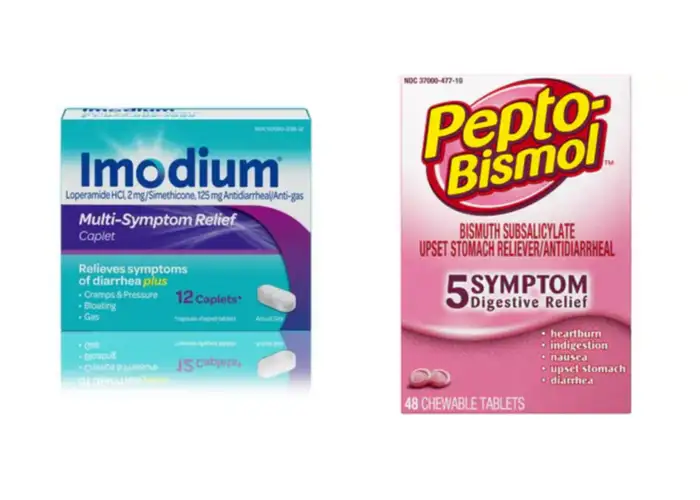
Ah, the most common and arguably most uncomfortable sickness to get when you travel. Though it’s most often caused by contaminated food or water, traveler’s diarrhea can happen anywhere—so it’s a good idea to bring an anti-diarrheal medication no matter the destination or type of trip.
Buy: Imodium or Pepto-Bismol

Over–the-Counter Antacid: TUMS or Pepcid

The last thing anyone wants to do on vacation is walk around with a stomachache or heartburn, especially with all the new food and drink you might want to try. Carry antacids on your trip and you can overindulge all you want.
Buy: TUMS or Pepcid
Over-the-Counter Antihistamine: Claritin or Zyrtec
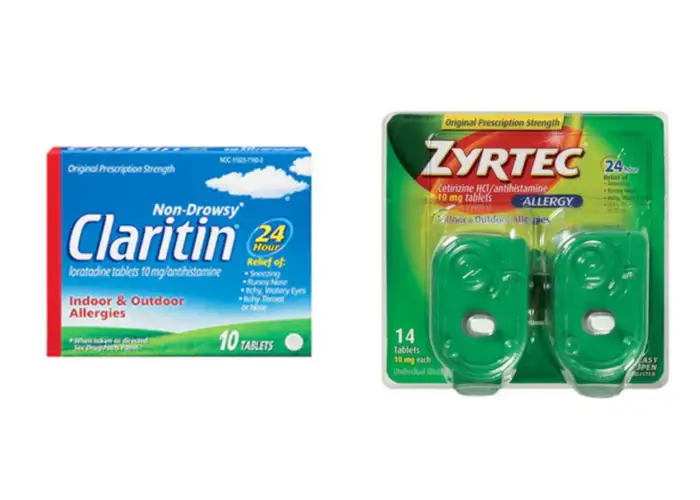
You can never be sure when allergies are going to creep up on you while traveling, especially if you’re headed to another climate. Combat its symptoms, including a stuffy nose, itchy eyes, and sneezing, by packing this travel medication.
Buy: Claritin or Zyrtec
Over-the-Counter Motion Sickness Medicine: Bonine or Dramamine
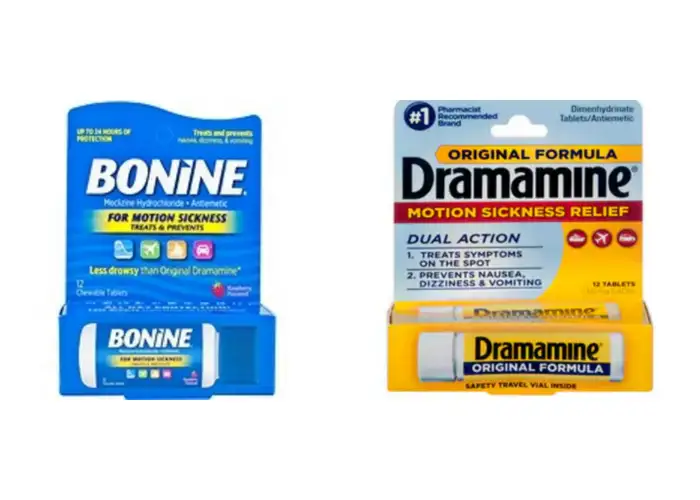
Nothing can ruin your travels quite like motion sickness on a plane, train, bus, or cruise ship. Instead of confining yourself to a trip of nausea and dizziness, bring medicine to travel like a champ. Benadryl, an antihistamine, can also work for motion sickness, but watch out for drowsiness.
Buy: Bonine or Dramamine
Over-the-Counter Cough Drops or Suppressant: Ricola or Halls

You’re at an increased risk for getting sick while traveling as your germ exposure skyrockets. Cough drops can bring temporary relief to a sore or ticklish throat and silence your coughs so you don’t annoy fellow travelers.
Buy: Ricola or Halls
Over–the-Counter Decongestant: Sinex or Sudafed
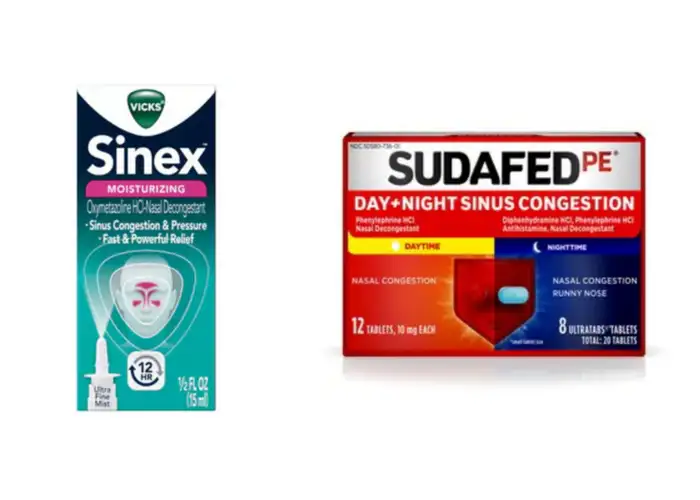
Nobody likes traveling while congested. Whether it’s a cold or allergies, these over-the-counter medicines can relieve congestion and clear your head. Just make sure you pick a non-drowsy kind if you’re taking this during the day.
Buy: Sinex or Sudafed
Over–the-Counter Pain and Fever Medicine: Tylenol or Advil
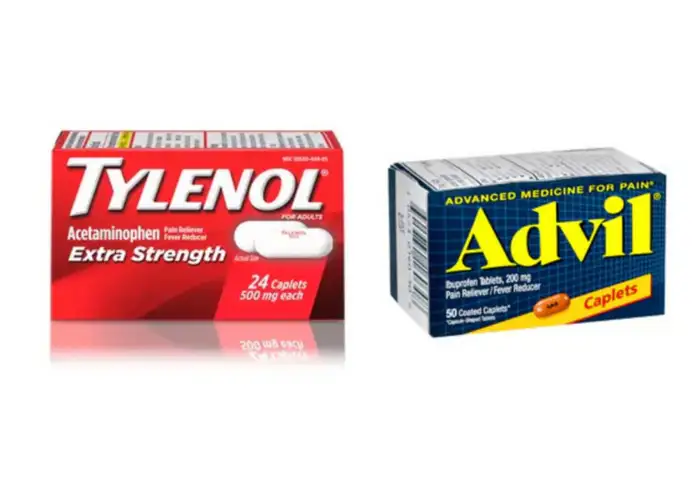
Instead of lying in bed all day, take pain and fever medicine so you can focus on being a tourist. These over-the-counter medicines can help with common travel ailments such as achy feet or jet lag-induced headaches.
Buy: Tylenol or Advil
Over-the-Counter Mild Laxative: MiraLAX or Dulcolax
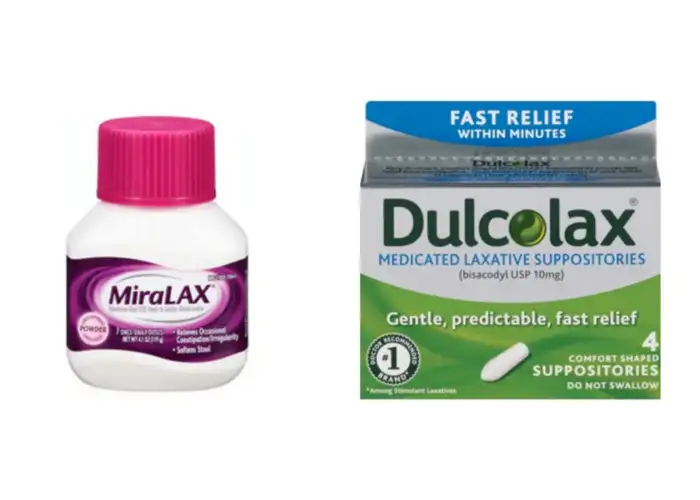
All I’ll say is that you won’t regret packing these.
Buy: MiraLAX or Dulcolax
Over-the-Counter Mild Sedative or Sleep Aid: ZzzQuil or Tylenol PM
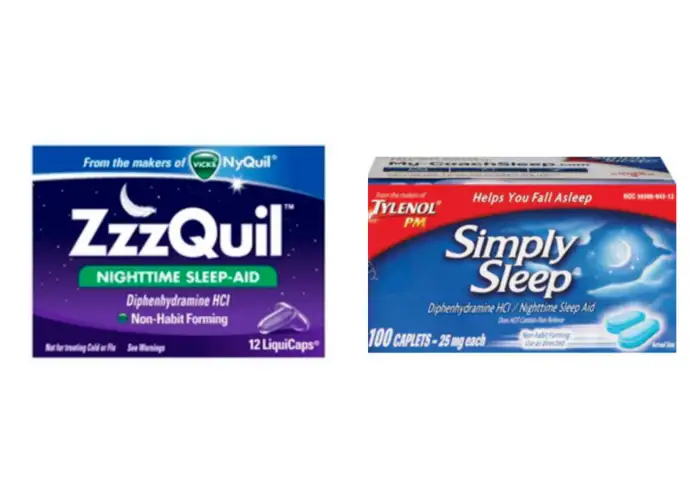
Maybe you’re staying in a noisy place or you’re so jet-lagged you can’t sleep. Either way, these sleep aids will make sure you’re refreshed and ready for a day of travel.
Buy: ZzzQuil or Tylenol PM
Pin the Over-the-Counter Medical Travel List:
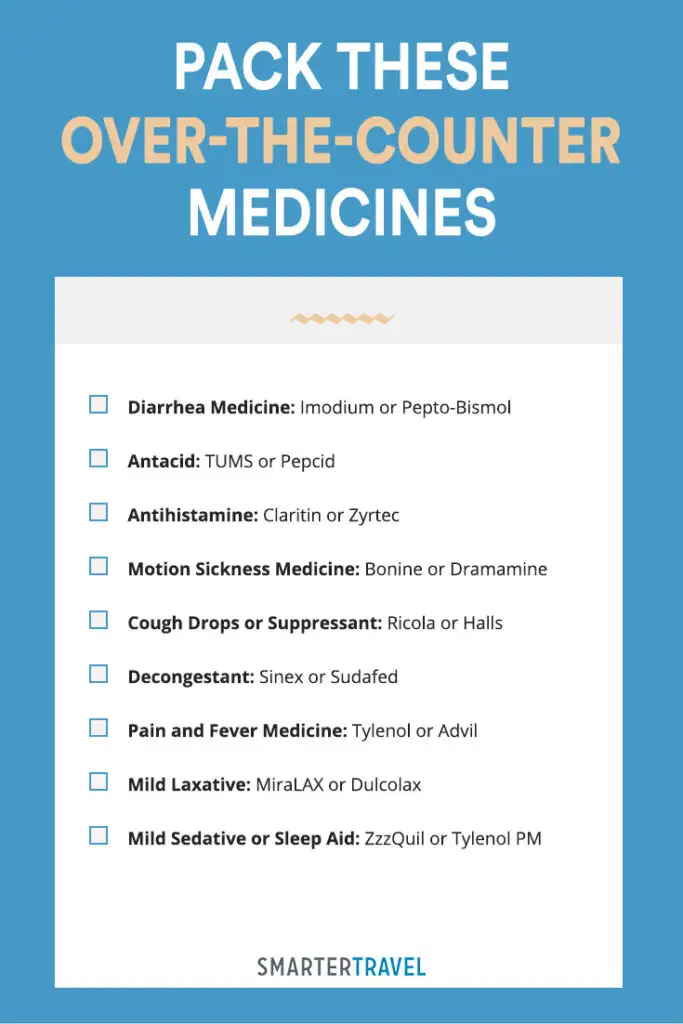
What to Pack on Your Next Trip
Women’s business casual outfit for travel with carry-on, shop the look.

Ribbed Puff Sleeve Tee

Dress Pant Yoga Pants
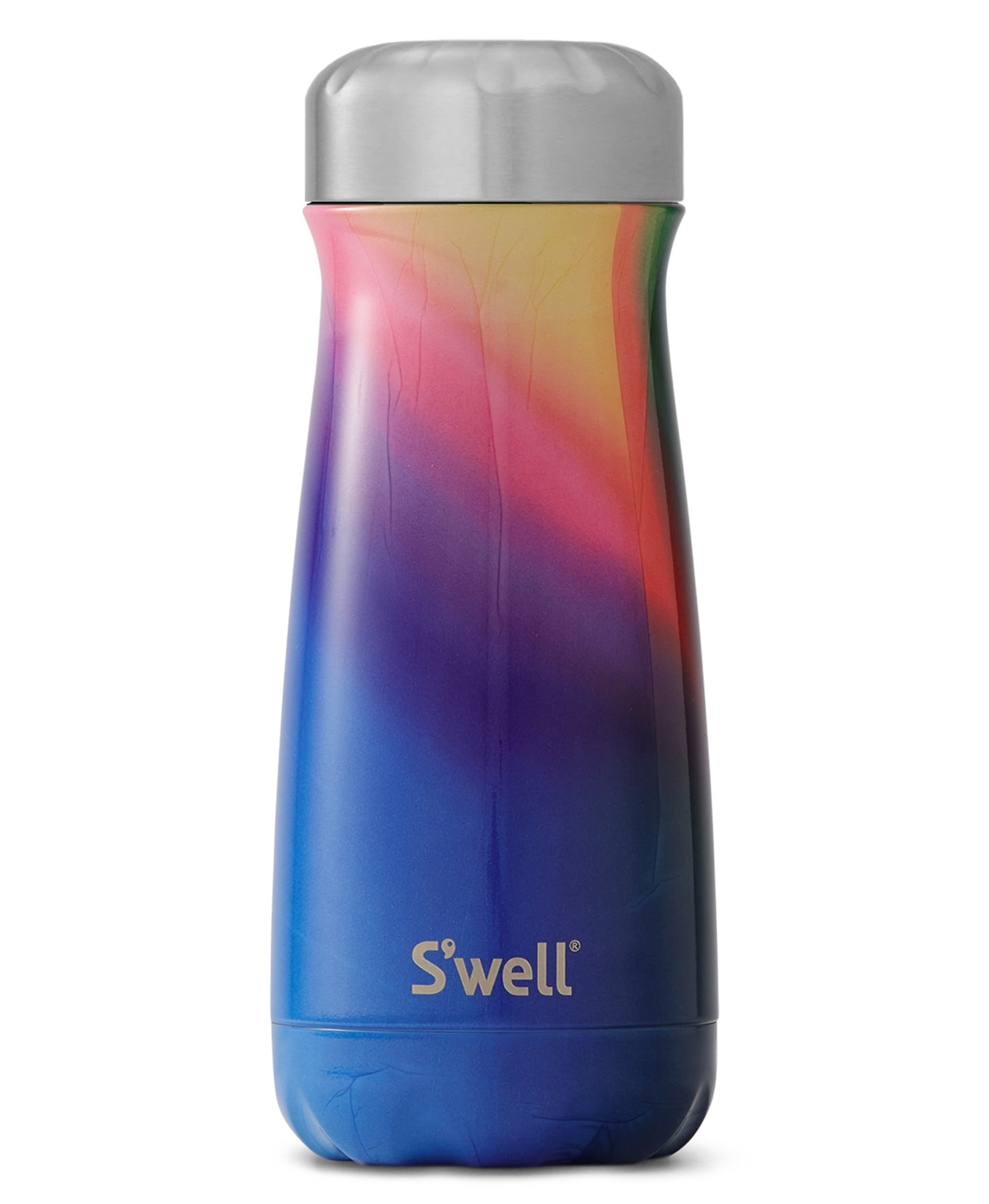
Stainless Steel Water Bottle
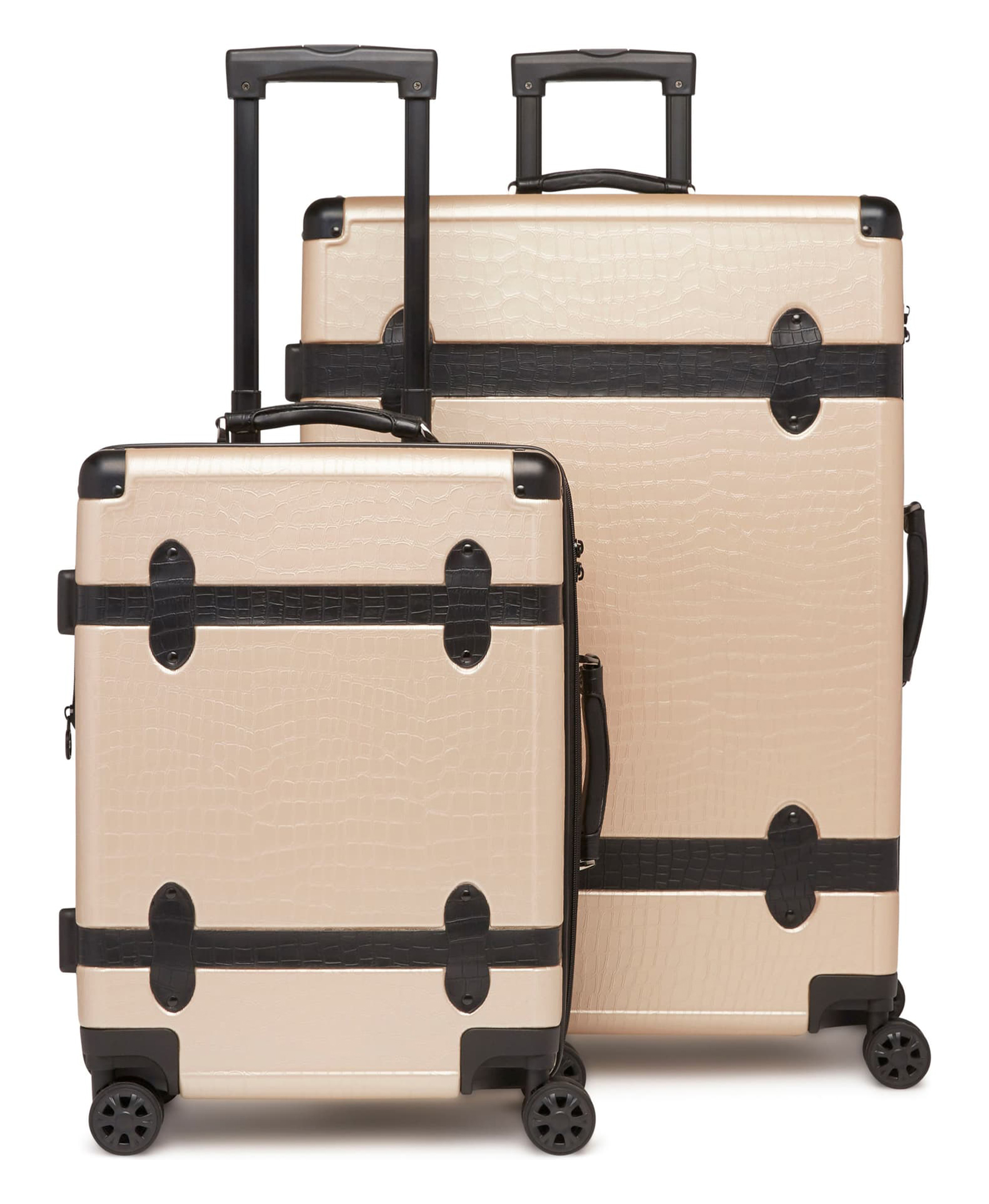
20-Inch & 28-Inch Trunk Rolling Luggage Set

How to Pack your Carry-On
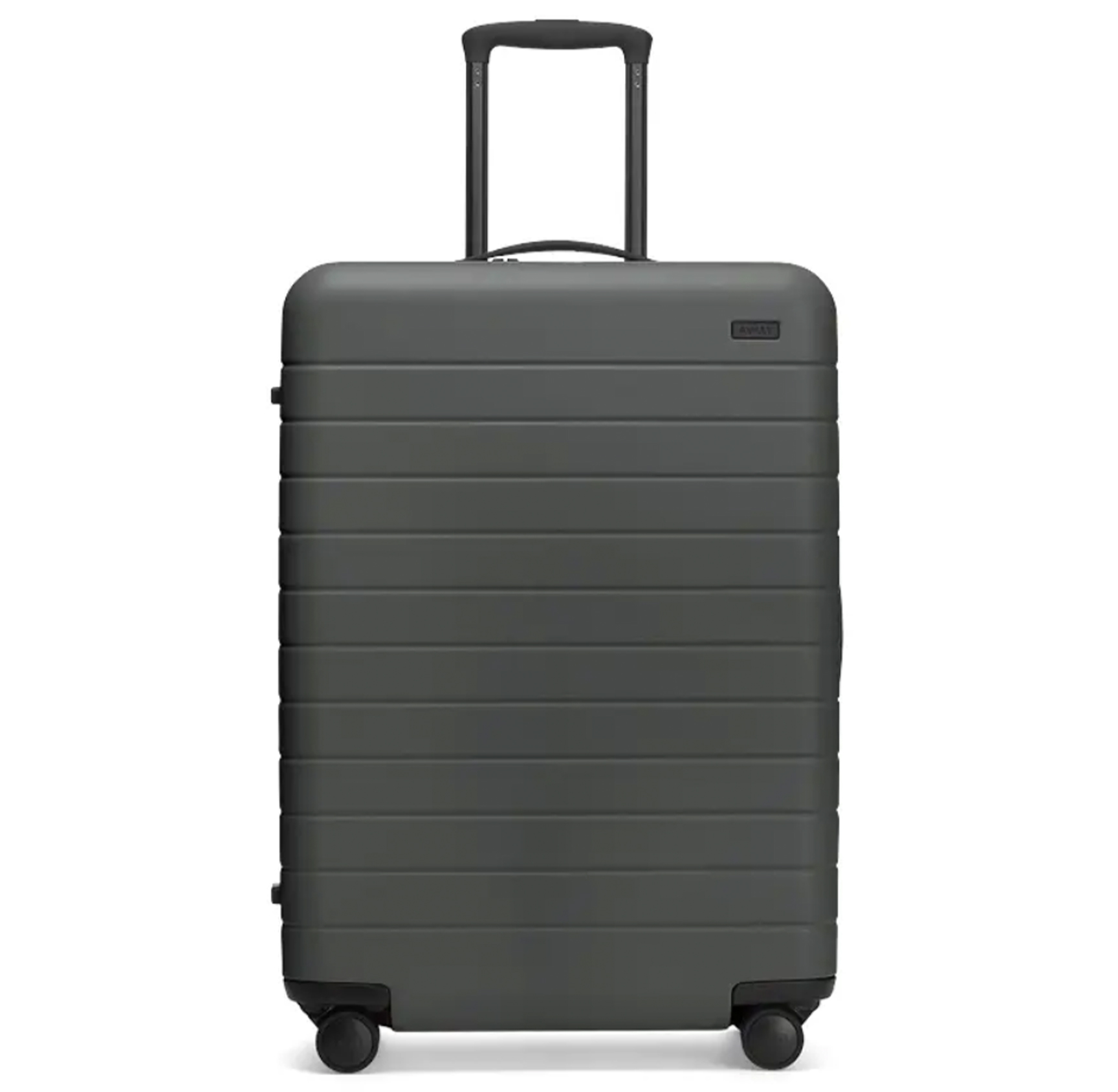
Medium Carry-On
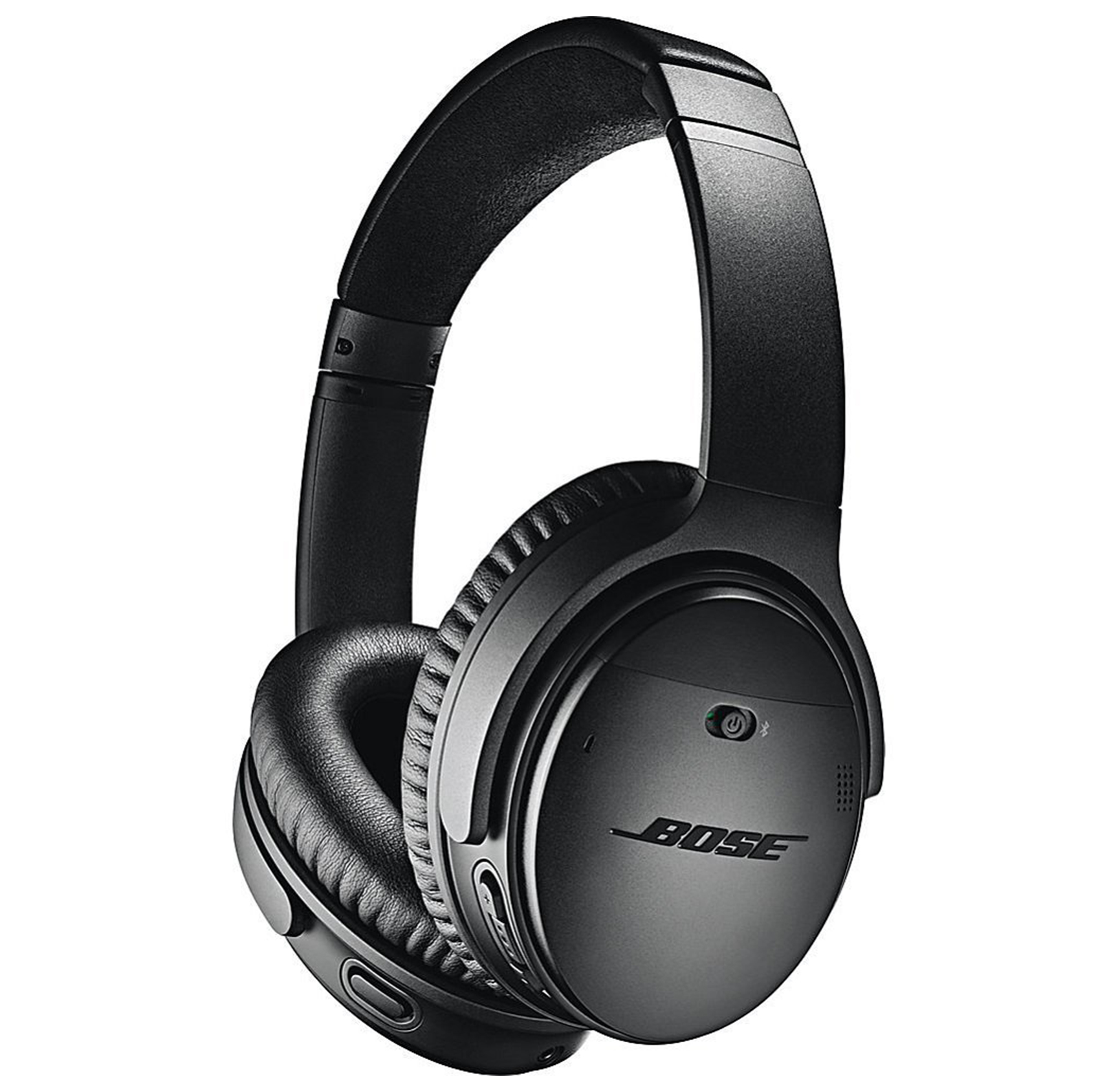
Wireless Headphones

Beneath a Scarlet Sky: A Novel
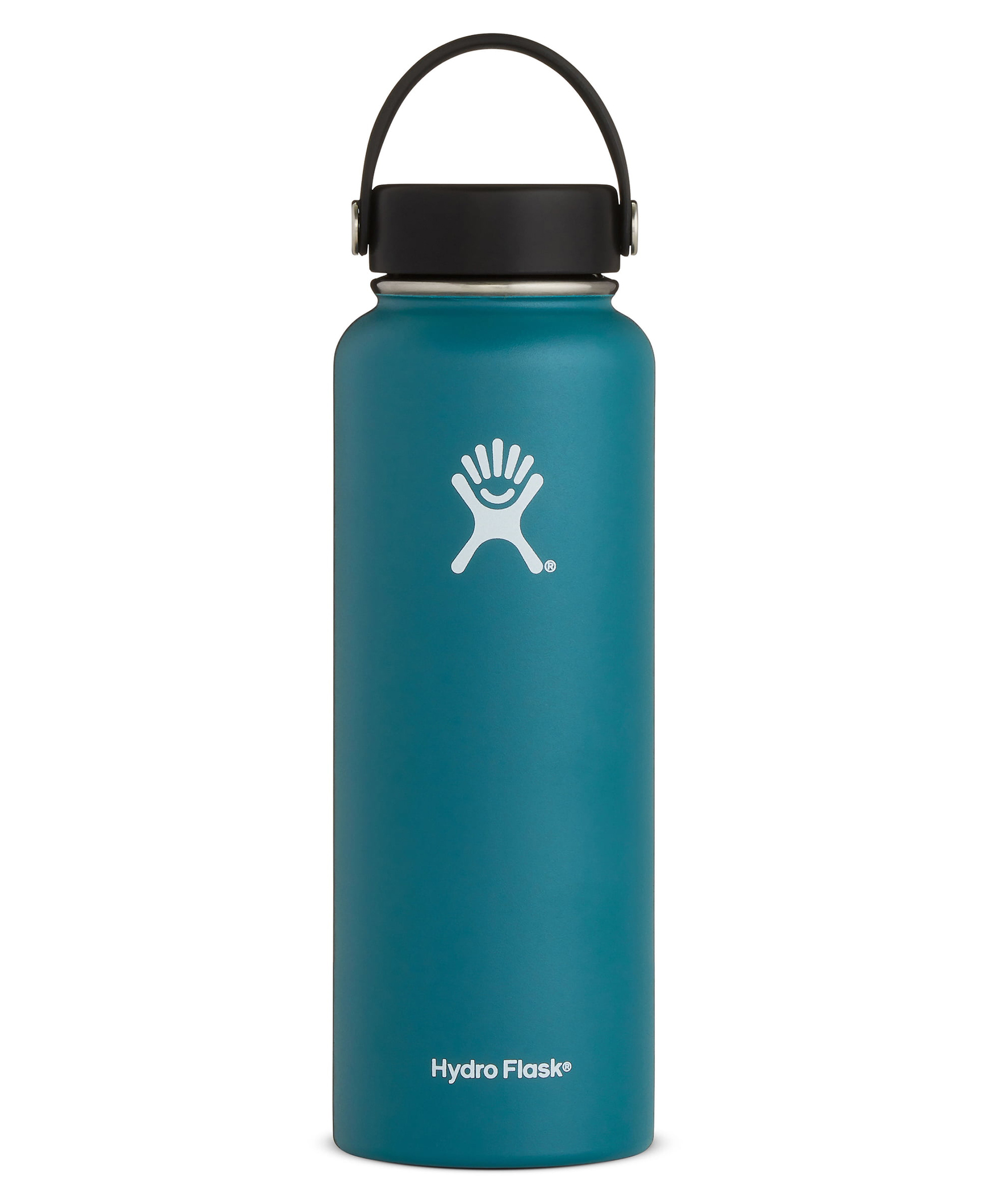
Water Bottle
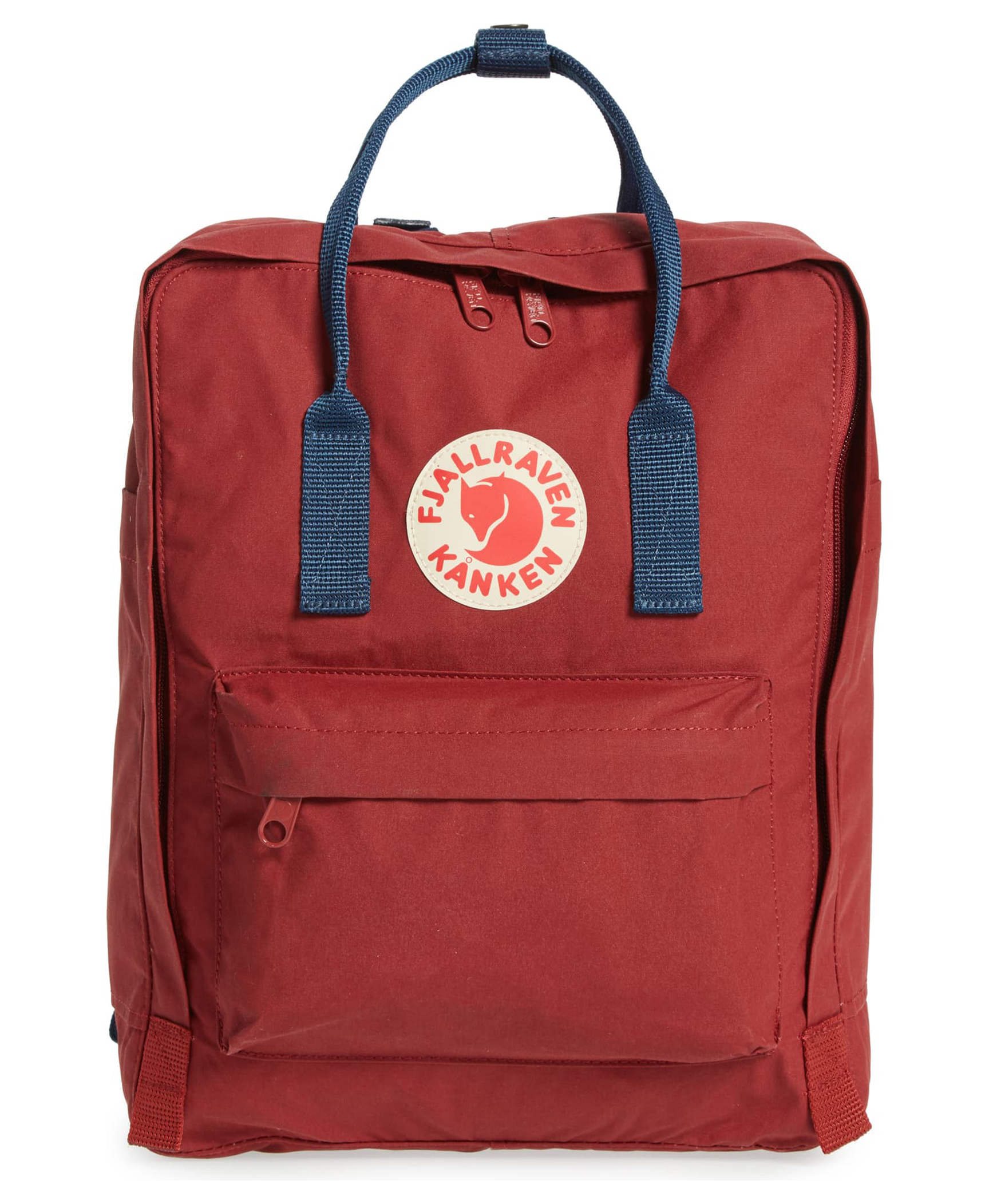
Men’s Comfortable Work Business Outfit for a Flight

Tech Button Down Shirt

Commuter Pants
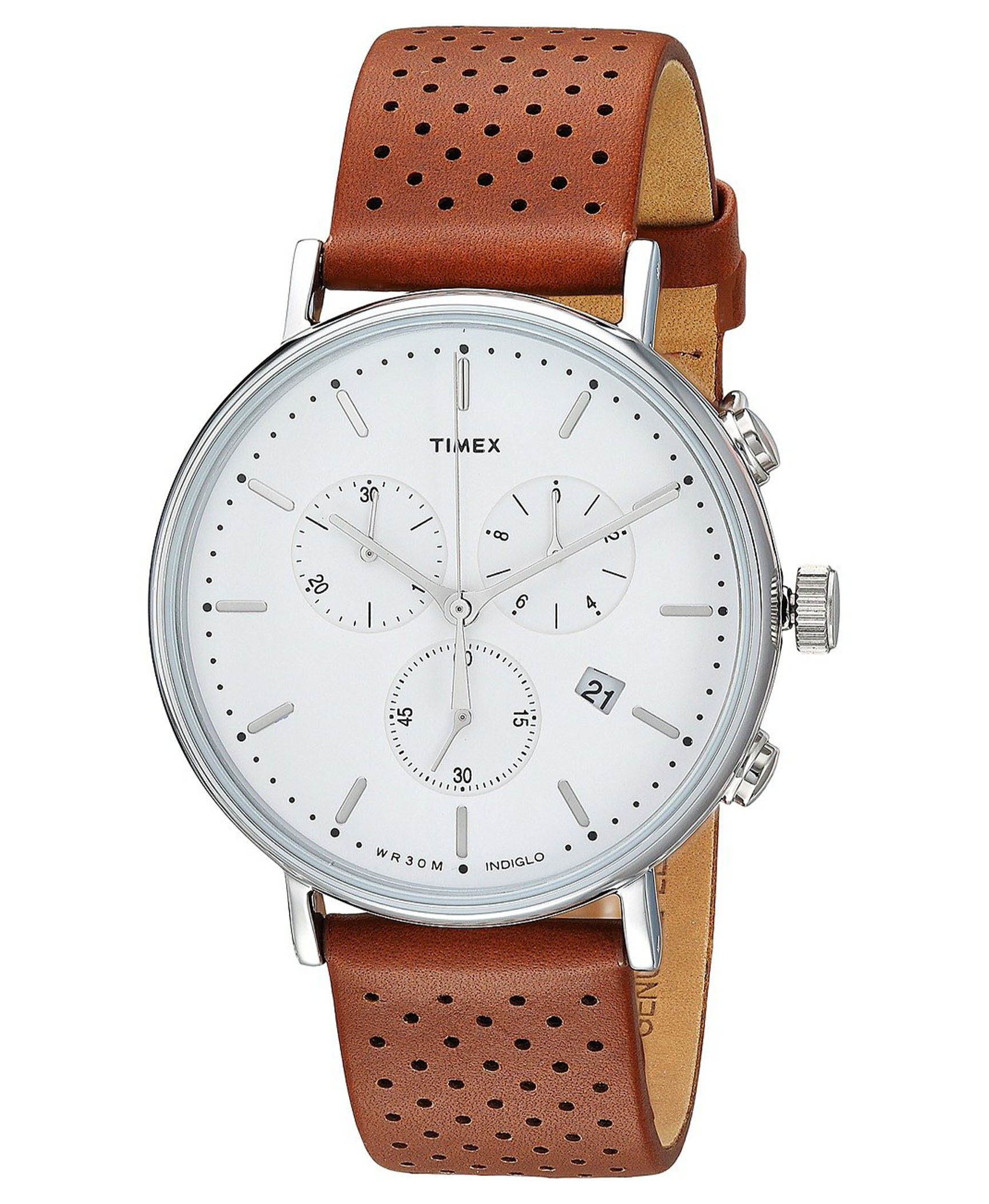
Chrono Leather Watch

Leather Jeans Belt
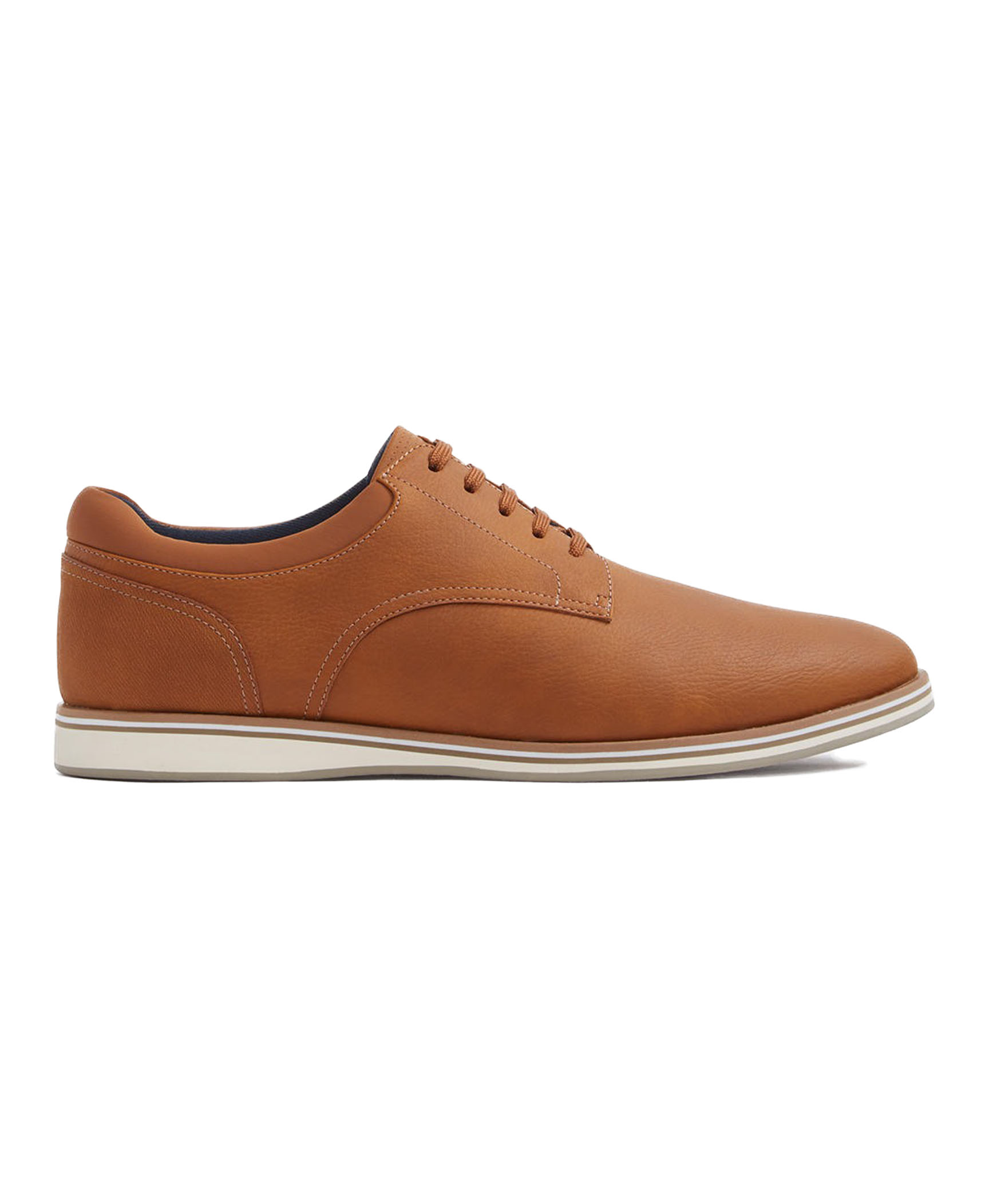
Cycia Shoes
Women’s “ridiculously comfortable travel clothes that don’t sacrifice style” outfit 1.

Cozy Up T-shirt

High Rise Skinny Jeans

Bracelet Watch
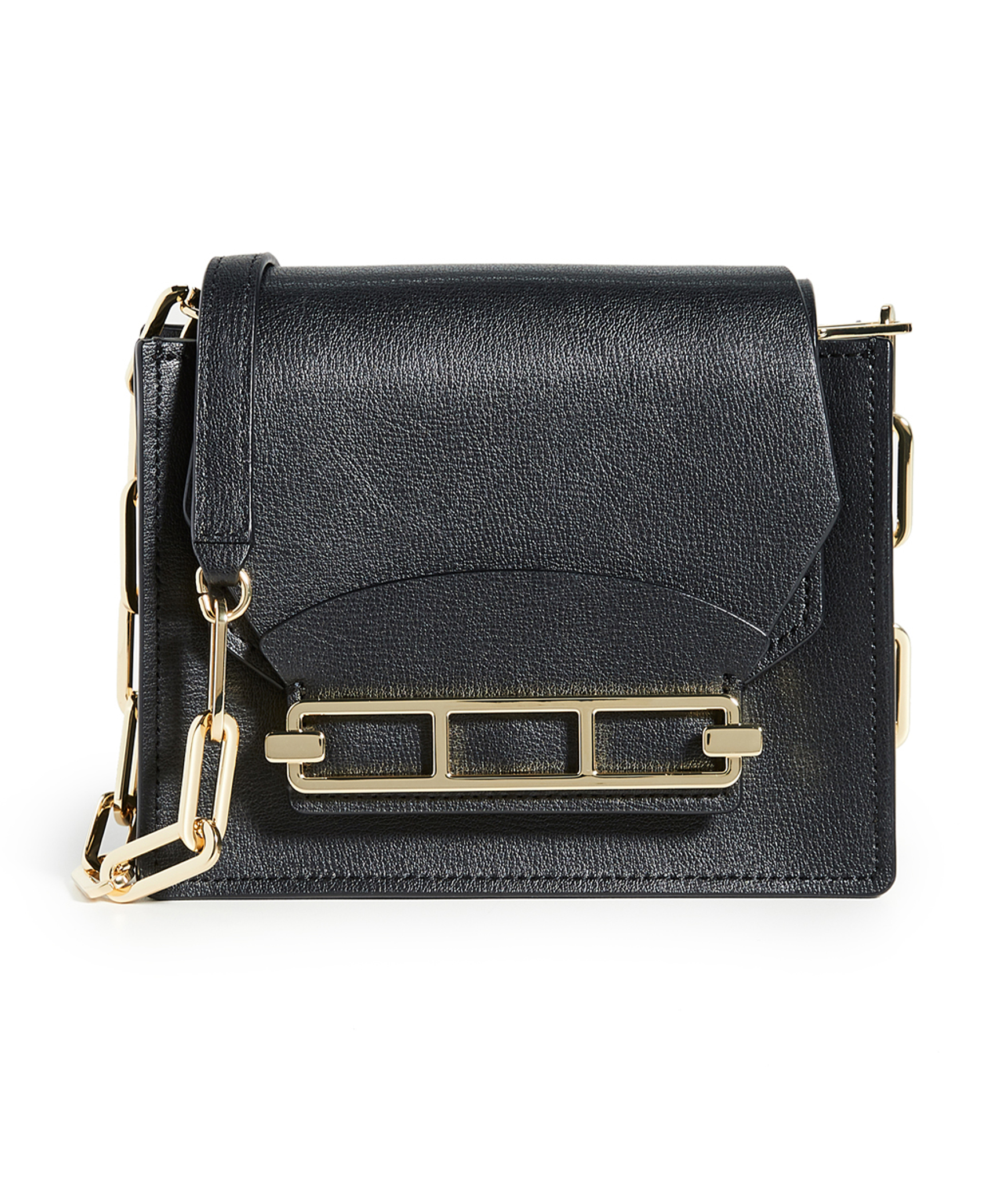
Chain Crossbody Bag
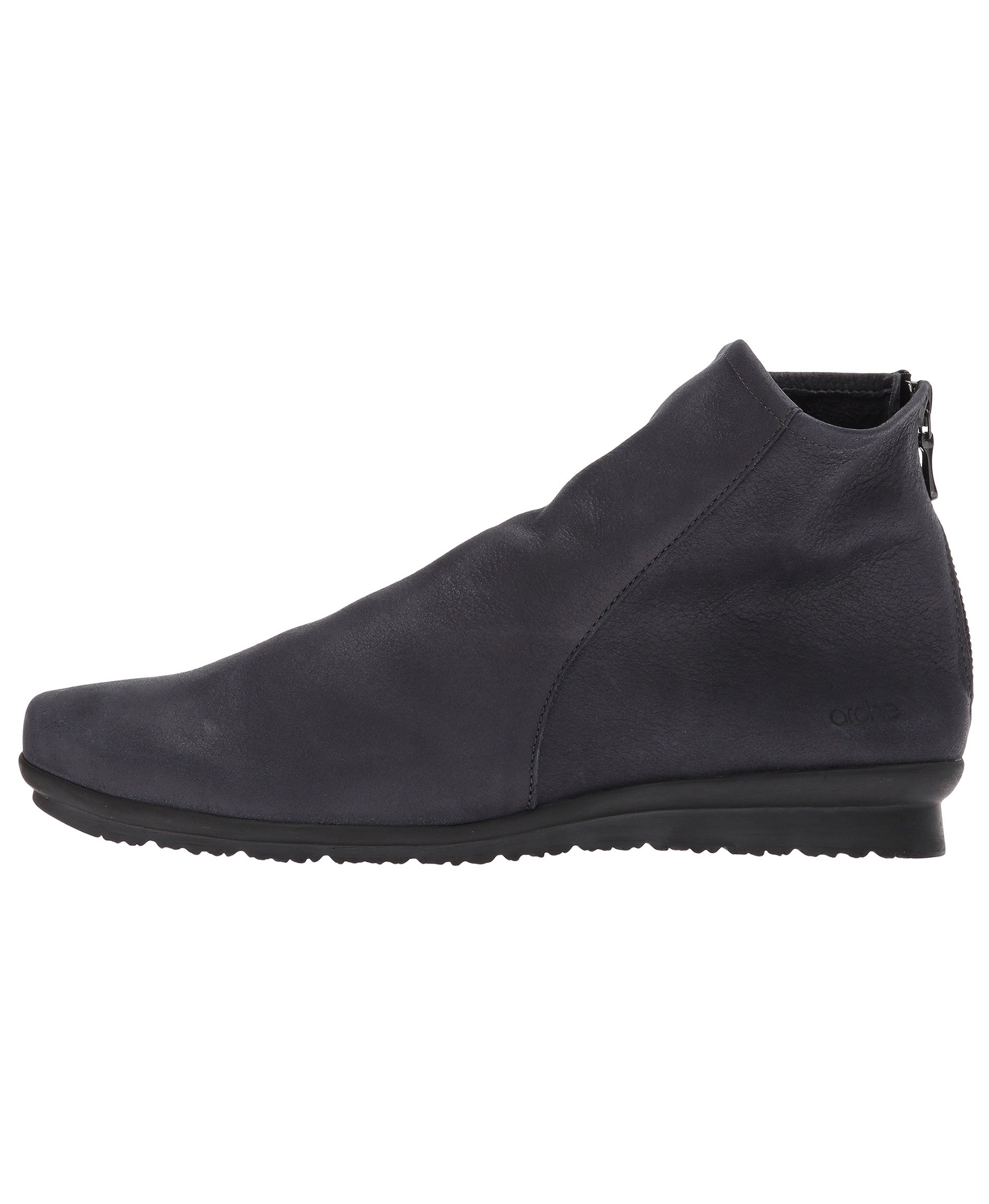
Baryky Boot
Women’s european packing guide.

Magnetic Phone Case
Men’s amazon-based casual outfit.

Stretch Chino Shorts
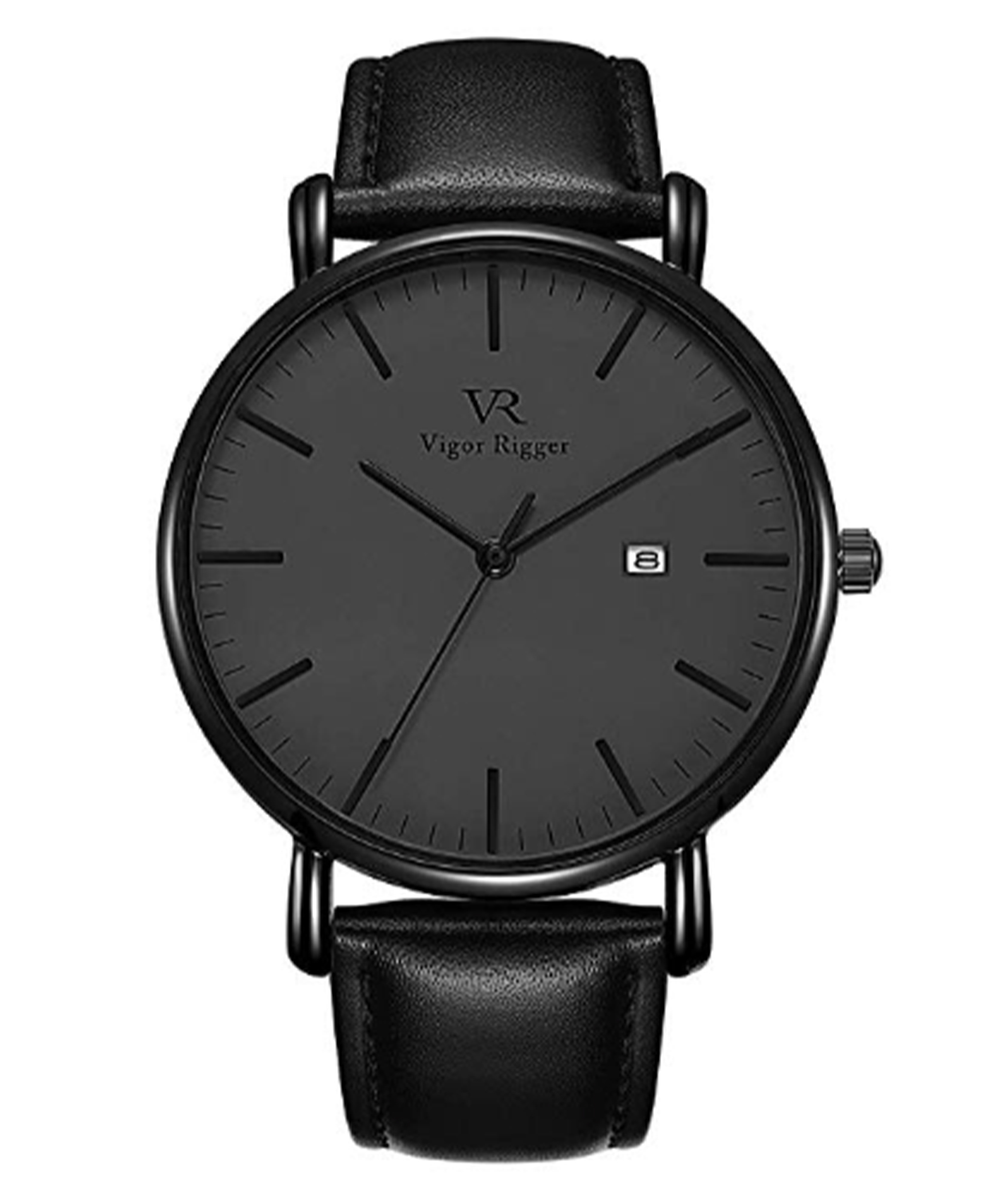
Wrist Watch
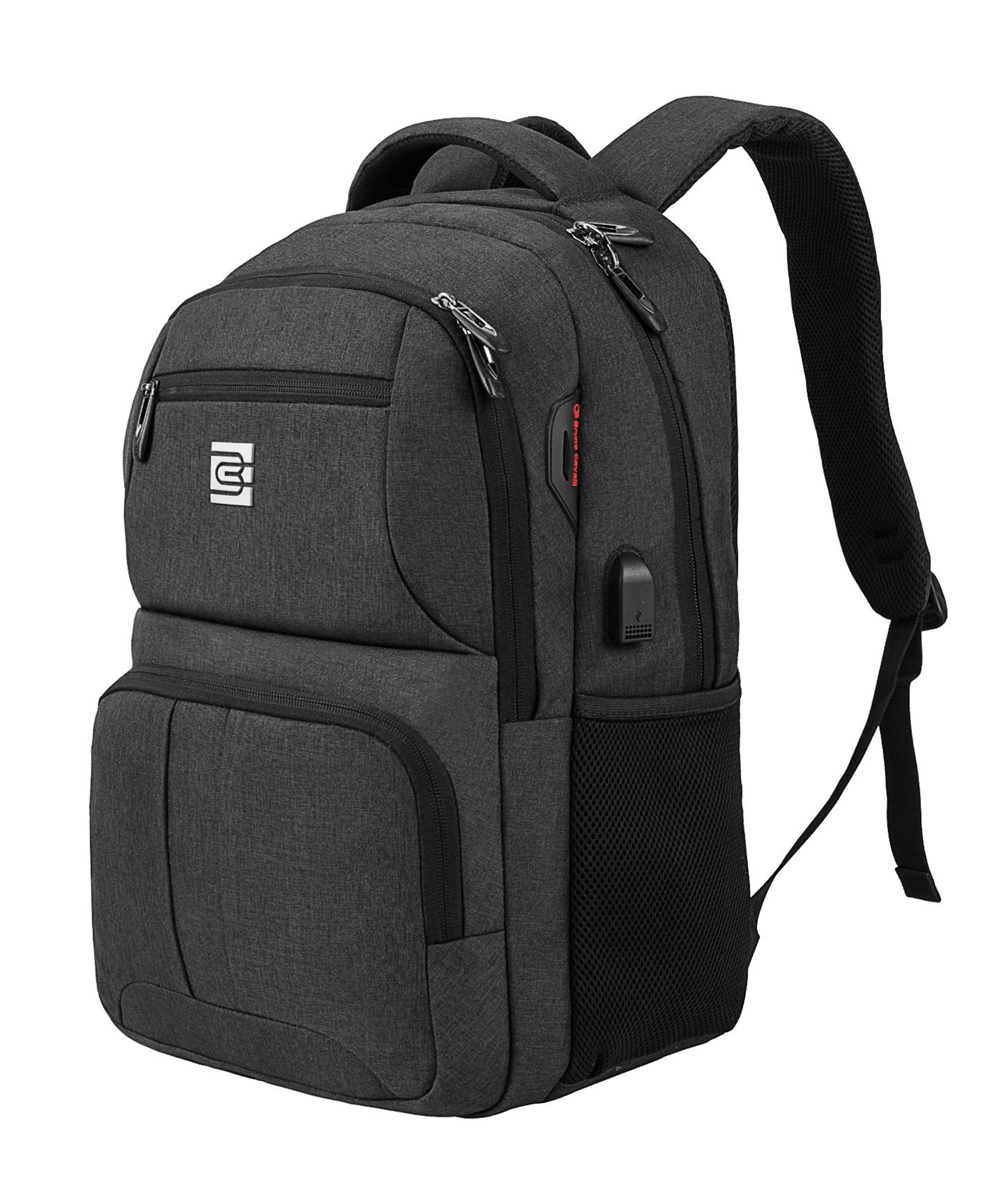
Laptop Backpack
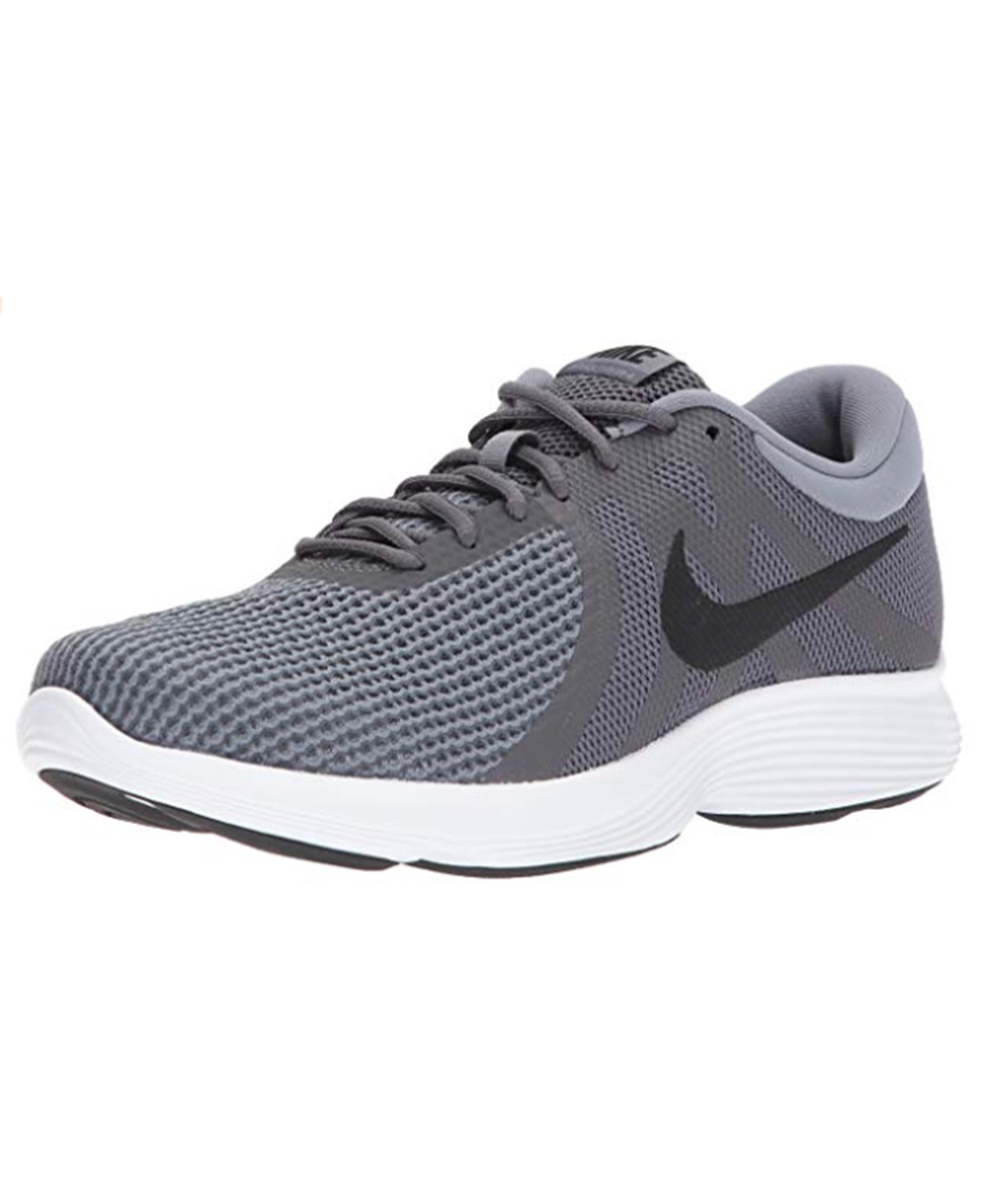
Running Shoe
Carry-on options for your next trip 1.
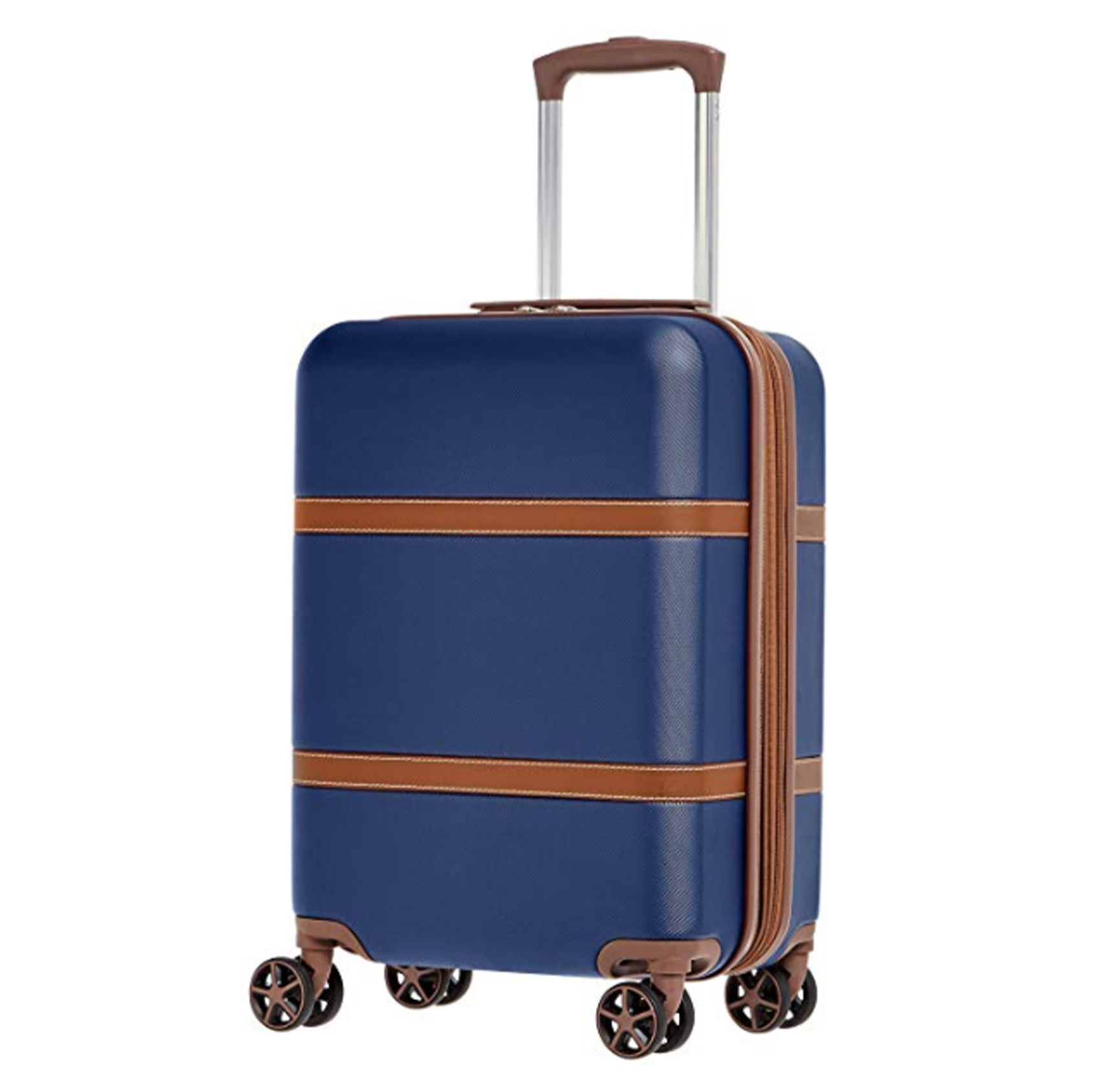
Expandable Suitcase Spinner

Metro Backpack

Canvas Tote
Women’s semi-fancy, formal summer dress outfit.

Jewel Quartz Earrings

Tie Neck Satin Dress

Killawatt Freestyle Highlighter

Leather Wallet

Nicole Pumps
Carry-on options for your next trip 2.
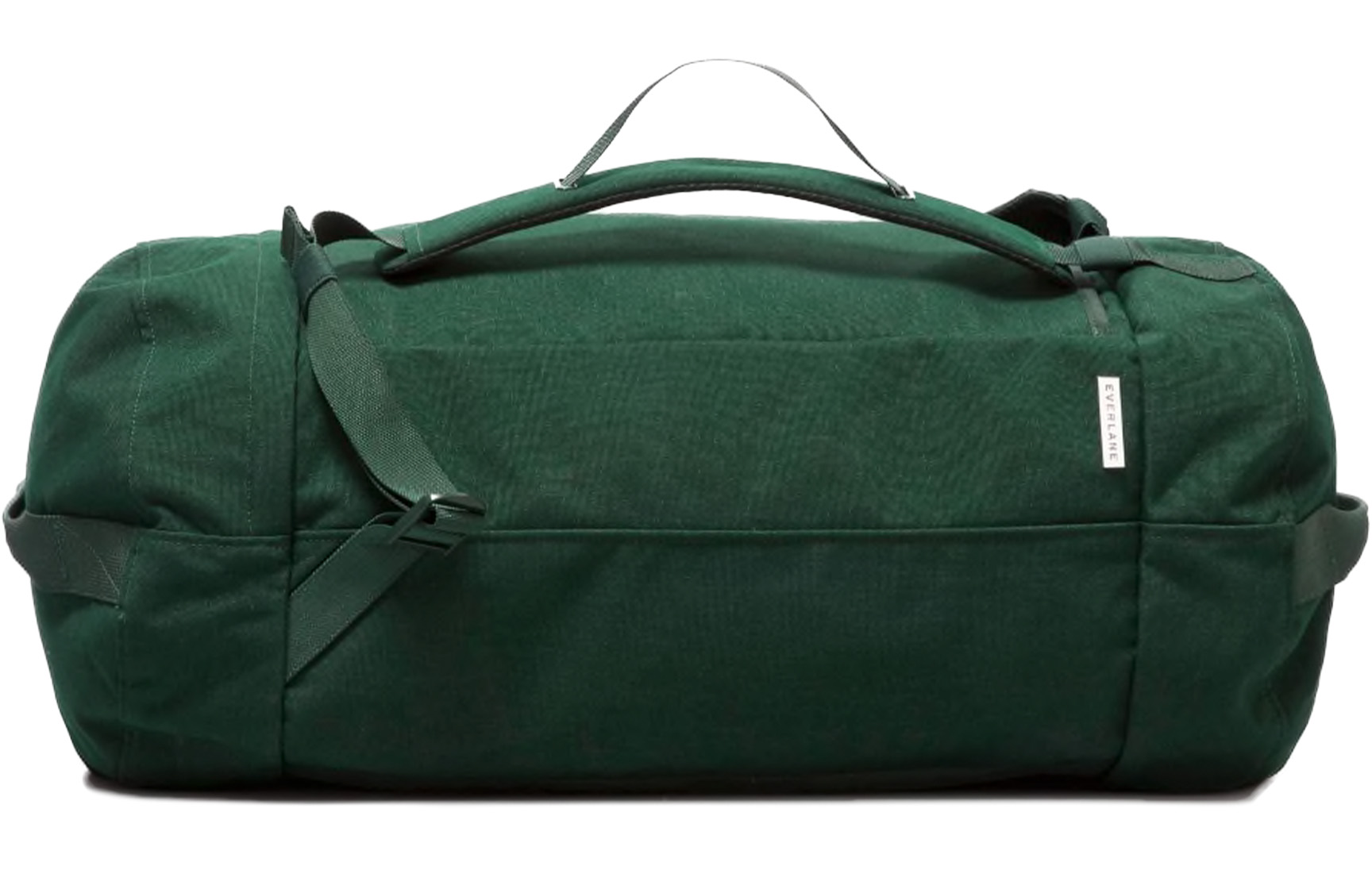
22-Inch Packing Case
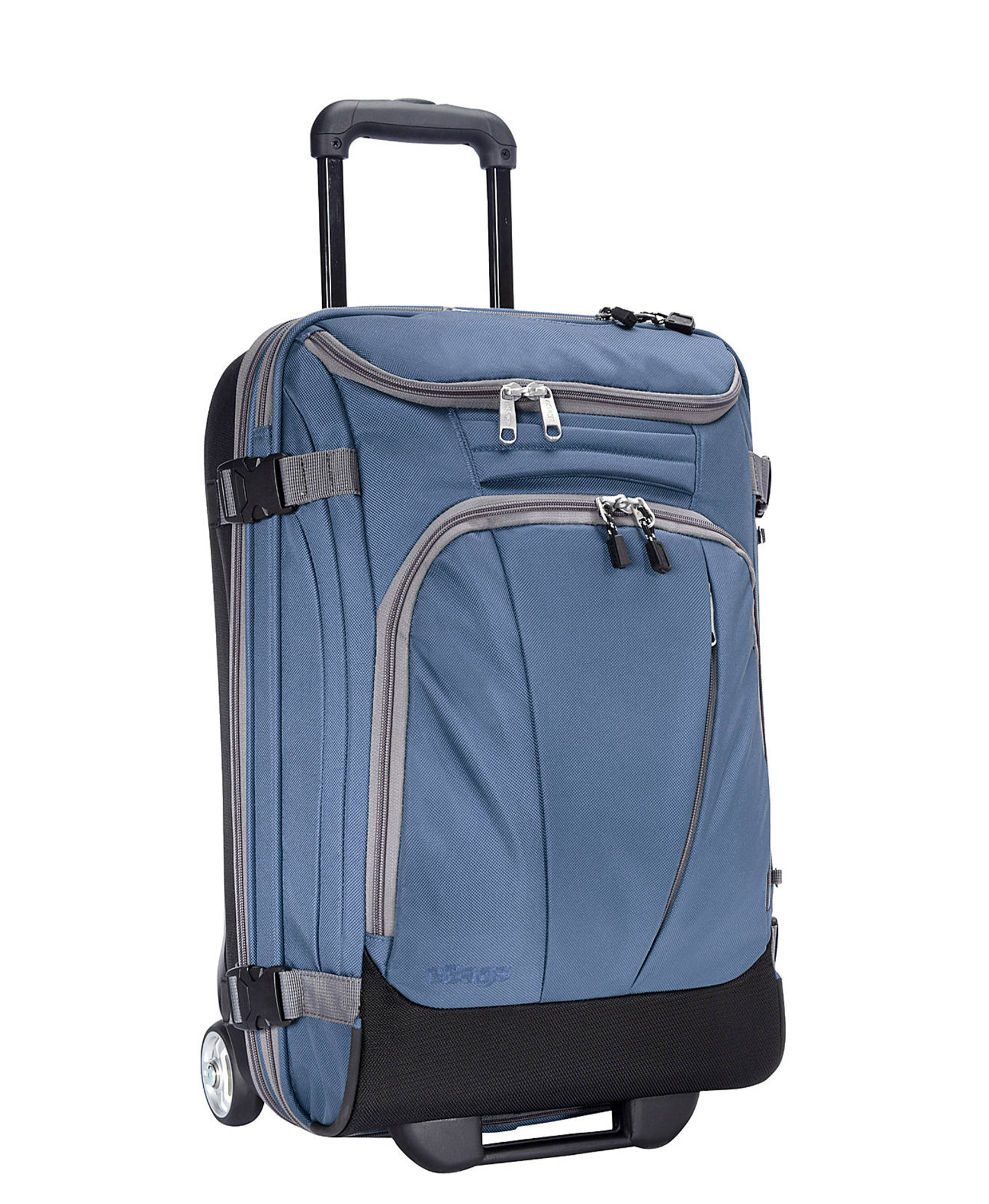
Wheeled Carry-On Duffel
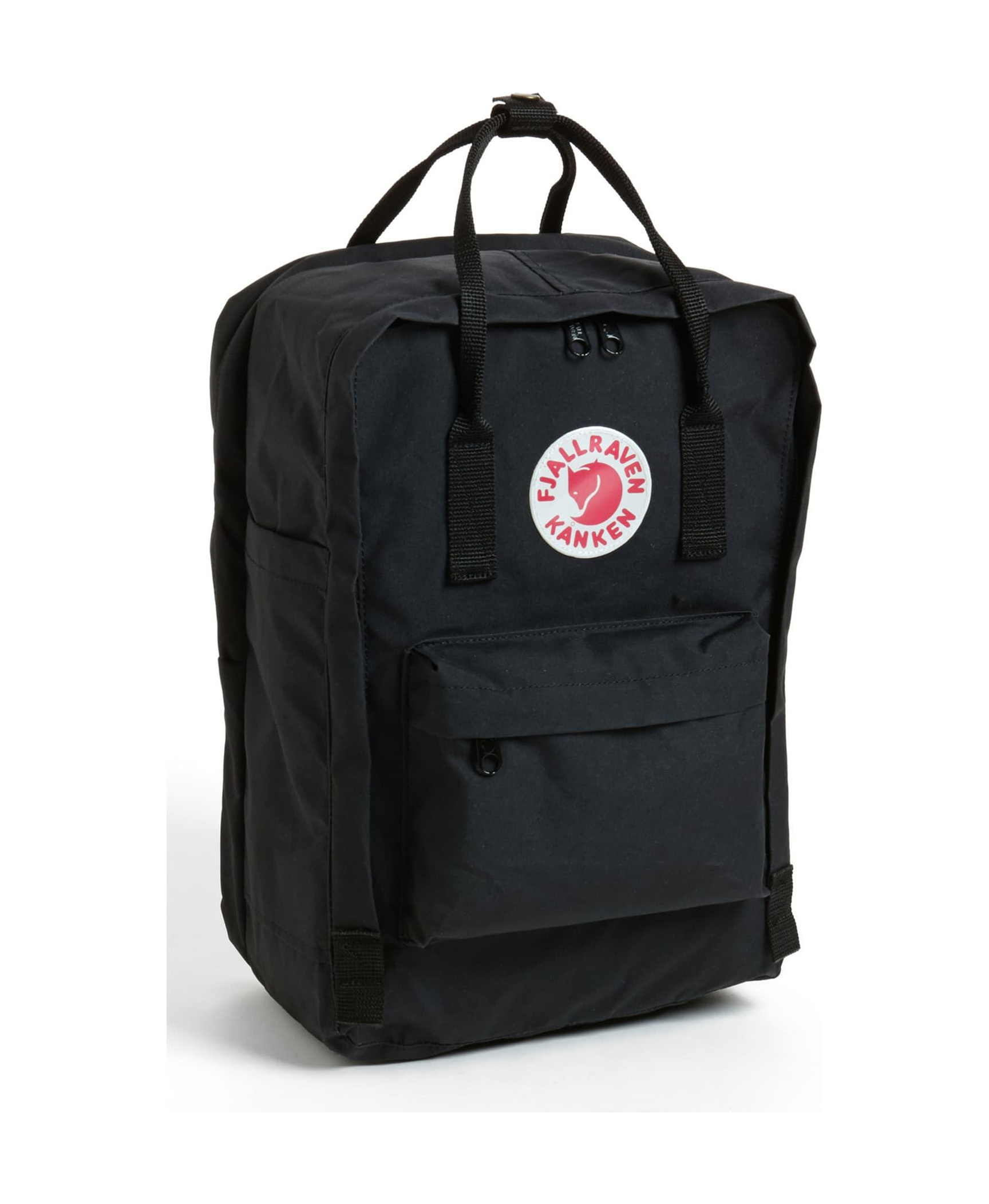
22-Inch Rolling Spinner Carry-On
Men’s outfit for walking to tijuana.

Paper Plane Print Tee

No Sweat Relaxed Fit Shorts

Vintage Canvas Backpack

More from SmarterTravel:
- Must-Pack Medications for Travel
- What to Do If You’re Caught in an Emergency Situation Abroad
- The Ultimate Checklist for Traveling Abroad
Some review products are sent to us free of charge and with no incentive to offer a favorable review. We offer our unbiased opinions, positive and negative, and will never accept compensation to review a product.
Ashley Rossi is always ready for her next trip. Follow her on Twitter and Instagram for travel tips, destination ideas, and off the beaten path spots.
Alyssa Lukpat also contributed to this article.
Editor’s note: This story was originally published in 2018. It has been updated to reflect the most current information.
We hand-pick everything we recommend and select items through testing and reviews. Some products are sent to us free of charge with no incentive to offer a favorable review. We offer our unbiased opinions and do not accept compensation to review products. All items are in stock and prices are accurate at the time of publication. If you buy something through our links, we may earn a commission.
Top Fares From

Don't see a fare you like? View all flight deals from your city.
Today's top travel deals.
Brought to you by ShermansTravel
Australia: Upscale, 8-Night Cairns, the Gold...
Down Under Answers

Greenland: Luxe, All-Incl. 11-Nt Exploration Small-Ship...
Swan Hellenic

Ohio: Daily Car Rentals from Cincinnati

Trending on SmarterTravel

Search Smartraveller
Medication and medical equipment.

Travelling with medication and medical devices overseas can be difficult. You may have trouble finding some things you need overseas. You may also have trouble taking what you need with you on your flight or cruise.
Some medication could be illegal in your destination. Locally bought medication can be poor quality or counterfeit, or some just hard to find, especially if they're not widely accepted in the local culture.
Plan ahead. Get the information you need before you go. When you're informed, you can take steps to reduce the risk of having problems with medication or medical equipment while you're away.
Before you travel, make sure you:
- see your doctor or travel clinic for medical advice
- get travel insurance
- learn about Australian laws
- learn about the local laws around medication
- find out any cultural considerations about your medication or condition
- pack enough medication to stay in good health on your trip
- check whether your airline or cruise ship have restrictions on your medical equipment or mobility aids
- make emergency plans in case things go wrong .
This page is for Australians planning to travel overseas with medication or medical equipment. If you're already overseas and need medical supplies, see our general advice on medical assistance overseas .
1. See your doctor
Consider your physical and mental health before you travel. Especially if you have a pre-existing medical condition. You could put your health at risk if you run out of medication while you're away.
See your doctor or travel clinic to:
- have a basic health check-up
- ask if your travel plans may affect your health
- plan any vaccinations you need
- make sure you have enough medication to cover your needs overseas, and a bit more to cover any unforeseen events.
Do this at least 8 weeks before you leave.
Authorities overseas may ask for evidence to prove the medication is yours. Ask your doctor for a letter stating:
- what the medicine is
- how much you'll take
- that it's for personal use.
If you have a chronic health condition, talk to your doctor about how you will manage it while you're away. For more information, see our general advice on vaccinations and preventative health.
2. Get travel insurance
You need insurance to travel overseas. Check if your insurer will cover:
- pre-existing conditions
- replacing a medical device if it's lost, damaged or stolen
- seeing a local doctor
- medical evacuation.
If you want cover for prescription medication you may need a specialised insurance policy. Most insurers won't cover the cost of prescription medication. This includes:
- if your bag is lost or stolen and your medication was inside
- if you are hospitalised and need a prescription medication.
Some countries have a reciprocal health care agreement with Australia. This covers essential medical care. It might not cover the cost of medication you need while you're away . You will still need travel insurance to visit these countries.
3. Understand Australian law
You can only take prescription medicine out of Australia if it's for personal use and limits apply. This includes medicines supplied under the Pharmaceutical Benefits Scheme (PBS). Find out if there are laws or restrictions on how much PBS-subsidised medication you can take overseas .
4. Understand the law in your destination
Not all medicine you take in Australia is available in other countries. Some common medicines may even be considered illegal or a controlled substance. Commonly restricted drugs include:
- amphetamines, such as ADHD medications
- medical marijuana/cannabis
- opioid-based painkillers, such as codeine
- medication containing pseudoephedrine, such as cold and flu tablets
- sleeping pills
- anti-anxiety and antidepressant medications.
If you're taking medication with you, confirm it's legal in your destination or if any rules or restrictions apply. Depending on your medication, you may need to apply for a permit to bring it to your destination.
What you can do:
- Contact the consulate or embassy of your destination. Ask their advice.
- Talk to your doctor if your medication is illegal in your destination. Ask if there's an alternative they can prescribe.
- Always carry medication in its original packaging.
Penalties for carrying or using controlled drugs can be severe. Read our travel advice for your destination .
5. Learn about local culture and attitudes
Attitudes and beliefs about some illnesses and medication can be negative in other countries. This includes attitudes and beliefs about seizures and mental health episodes.
It also includes attitudes toward reproductive health. Even if contraception is legal there, some doctors and pharmacists may refuse to supply it.
- Find out if your medication is controversial in your destination. You may wish to be discreet about it.
- Find out if your mental illness is generally accepted in your destination. If it isn't, you may have trouble refilling scripts for it.
- Research your destination. Explore online resources for people with your condition or medication. Read the health section in our travel advisory.
It's important you respect your destinations' culture and attitudes, even if you don't agree with them. If you don't, you could find yourself in trouble. The Australian Government is limited in how and when it can help you. See the Consular Service Charter .
6. Pack enough for your trip
You may not be able to refill your script easily in your destination. If possible, pack enough medication to last your whole trip. If you're going for a long time, make sure the quantity you're taking is within the law.
Medication and equipment that are cheap in Australia can cost a lot more overseas, especially if your items are subsidised by the Australian Government. This includes items subsidised under the Pharmaceutical Benefits Scheme (PBS) and National Disability Insurance Scheme (NDIS).
- If it looks like you're taking a lot, local authorities could suspect you plan to sell it. You could be arrested or jailed for carrying or using drugs . Check the law .
- You may need to prove it's for you. Keep a copy of your script or a letter from your doctor with your medication, and if possible keep the medication in its original pharmacy packaging.
- Don't risk losing it all. If you keep all your medication together and your bag is lost or stolen , you could be stuck without any. Keep a quantity of your medication is a separate bag, just in case.
If you do run out while you're overseas, you need to know how to get more. Read our advice about getting medical assistance overseas. See the 'Health' section of your destination's travel advisory for local health care information.
7. Check restrictions on medical equipment
Your airline or cruise ship may have restrictions on what you can carry on board. This often applies to carrying mobility aids and medical equipment.
Restrictions often apply to assistance animals, battery-operated devices and sharps. This includes syringes.
Most airlines will require you to check in your wheelchair.
Talk to your airline or cruise about what restrictions may apply. Make sure you can:
- take the equipment you need
- access toilets and other facilities
- get the right support from the crew.
See our advice for travellers with a disability .
8. Make emergency plans
Talk to the people you're travelling with about your and their medical needs. You may need to support each other if one of you gets sick overseas.
Have an action plan. If you carry emergency medication or use any medical or mobility aids, show your travelling companions what to do.
Know local emergency contact numbers. You can find these in our travel advice for your destination .
Consular services and health
You're responsible for managing your health and access to medication and medical equipment while overseas.
If you need medical assistance overseas , check local contacts in our travel advice for your destination .
The Australian Government is limited as to how and when we can help. Read the Consular Services Charter for more information.
What we can do
- We can provide consular help in a medical emergency.
- We can provide details of local doctors and hospitals.
- We can , in some destinations, provide a list of pharmacies.
- We can contact friends or family on your behalf, if you consent.
- We can transfer you to telephone counselling services.
What we can't do
- We can't give you medical advice.
- We can't guarantee your health and safety.
- We can't pay for your medication and medical expenses overseas.
- We can't recommend local doctors or hospitals to write you a script.
- We can't recommend a local pharmacy to refill your script.
- We can't get you out of jail if local authorities suspect you're carrying or using drugs .
- Read our general advice on vaccinations and preventative health .
- See our advice for mature travellers or those travelling with children .
- Know what happens if you're suspected of carrying or using drugs and arrested or jailed overseas .
- See our advice for people travelling with a disability or a mental health condition.
- Read about about Australia's reciprocal health care agreements .
- Before you go, get international travel insura nce .
- See information about travelling overseas with PBS medicines (Services Australia).
- Read about taking medicines and medical devices overseas (Therapeutic Goods Administration).
- Read the travel insurance buying guide (CHOICE).
Related content
Medical tourism is when you go overseas for medical treatment. Before you go, gather the information you need. Make informed choices about your medical procedure.
Many countries don't have the same access, services or support for people with disabilities as Australia. Learn more about travelling with a disability.
When you go overseas, you may be exposed to a range of infectious diseases. Before you go, learn about the health risks in your destination and see your doctor.
- Skip to main content
- Skip to FDA Search
- Skip to in this section menu
- Skip to footer links

The .gov means it’s official. Federal government websites often end in .gov or .mil. Before sharing sensitive information, make sure you're on a federal government site.
The site is secure. The https:// ensures that you are connecting to the official website and that any information you provide is encrypted and transmitted securely.
U.S. Food and Drug Administration
- Search
- Menu
- For Consumers
- Consumer Updates
5 Tips for Traveling to the U.S. With Medications
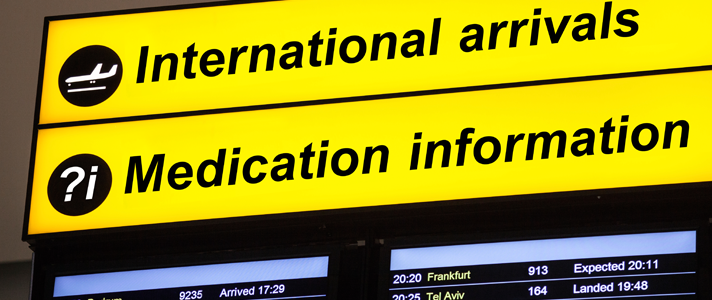
You’re returning from a trip overseas and want to bring back over-the-counter drugs from Europe that aren’t available here. Can you? Your mother-in-law is visiting from Mexico to help with the new baby and runs out of her blood pressure medication. Can she refill her prescription at a U.S. pharmacy? Your foreign exchange student forgot his allergy medication. Can his parents mail it to him from Japan?
Those are just some of the questions people ask the Food and Drug Administration’s Division of Drug Information, says LCDR Lindsay E. Wagner, an FDA pharmacist—although not every question the Division is asked falls under FDA’s regulatory authority.
“As a pharmacist at the FDA, I advise people to remember that we at FDA cannot ensure that medications approved in other countries are safe or effective, or have been manufactured properly,” says Wagner, PharmD.
So what are the rules for flying with or shipping medications? Here are some answers to common queries:
Q: What should travelers and visitors know about bringing medications into the U.S.?
A: When you come to the United States with medications, you fall under the authority of FDA, U.S. Customs and Border Protection (CBP) and the Transportation Security Administration (TSA) agents operating the nation’s airports. There are varying restrictions, and different agencies may have other requirements or jurisdiction over a product. So check with each agency before you plan to travel with medications into the country.
In general, you should have with you a valid prescription or doctor’s note—written in English—to bring medication to the U.S. The medication should be in its original container with the doctor’s instructions printed on the bottle. If you don’t have the original container, bring a copy of your prescription or a letter from your doctor explaining your condition and why you need this medication. Travel with no more than you need for your personal use during your stay. A rule of thumb: Bring no more than a 90-day supply of medication.
If you’re staying longer than 90 days, you may have additional medication sent to you by mail or courier. Include documentation showing that the medication is being sent for your own use while visiting the United States. This documentation may include: a copy of your visa and passport, a letter from your doctor, and a copy of your prescription (in English).
Q: What if there’s a generic available overseas but not here?
A: FDA does not permit personal importation of unapproved versions of FDA-approved drugs from foreign countries. FDA cannot assure that foreign-made versions of FDA-approved drugs have been properly manufactured, are safe and effective, and are the same formulation as the FDA-approved versions.
Q: Can a foreign traveler get a prescription filled when visiting the U.S.?
A: If you’re traveling to the United States from another country and need a prescription filled, you should visit a health care provider. Very few pharmacies can fill a foreign prescription, and this is determined on a state-by-state basis.
Q: Can you ship or mail a prescription medication to the U.S.?
A: In most cases, it’s illegal for people to import drugs into the United States for personal use. That’s because drugs available in other countries haven’t been evaluated or approved by FDA for use or sale in the U.S., so we can’t ensure that they’re safe and effective. FDA generally considers such drugs unapproved.
FDA understands that there are cases in which someone may need treatment with a foreign drug that’s not available in the U.S. and there are no other U.S. medicines available to treat the condition. FDA’s Personal Importation Policy provides instructions for FDA personnel relating to the personal importation of drugs that may be illegal in the United States. FDA considers the following when reviewing such an application:
- The drug is for a serious condition for which there is no effective treatment available in the U.S.
- There is no marketing or promotion of the drug to U.S. residents.
- The drug doesn’t represent an unreasonable health risk.
- You verify in writing that you’re importing the drug for your own personal use.
- You have a letter, written in English, from your doctor saying the drug is a continuation of treatment that began outside the United States or you provide the name and address of a U.S. licensed physician who will supervise your use of the foreign drug. The letter should accompany the package and be addressed to a Customs and Border Protection officer or broker.
- You’re not importing more than a three-month supply of the drug.
If the medicine is sent through the mail, Customs might detain it until an FDA inspector can examine it. This could take as long as a month. To speed things along, make sure the outside package is marked and states that it contains a letter to the CBP officer or broker. The best option is to send the package by a courier service and flag it so the U.S. Customs broker will alert FDA inspectors about the special circumstances for sending the package.
Q: What else should you know about traveling with medications?
A: If you have questions for FDA about traveling with medications, contact the Division of Drug Information at 855-543-DRUG (3784) or email us at [email protected] .
The Drug Enforcement Agency (DEA) has other restrictions on bringing controlled substances into the country. Review those rules § 1301.26 Exemptions from import or export requirements for personal medical use .
Contact TSA if you have questions about carrying prescription medications in your luggage or carry-on when flying. For more information follow TSA’s blog Travel Tips Tuesday .
Review the many webpages dedicated to travel questions provided by the U.S. Customs and Border Protection.
back to top
Get regular FDA email updates delivered on this topic to your inbox.
- Skip to main content
- Skip to site information
Language selection
Help us to improve our website. Take our survey !
Travelling with medication
The information on this page will help you if you’re travelling abroad with prescription, over-the-counter medication or medical equipment.
Medications may come under intense scrutiny when going through border controls in other countries or at the land border between Canada and the United States.
On this page
Before you leave, while you’re away, if you need help.
Some over-the-counter and prescription medications, dietary supplements, and herbal and homeopathic products legally available in Canada may be illegal in other countries or require prior approval from local authorities.
- Consult the health section of our destination-specific travel advice and advisories
- Contact the foreign government office accredited to Canada of the country you plan to visit to confirm the status of your medications in that country
- Keep all medications in their original, labelled containers.
- a copy of the original prescription and ensure that both the generic and trade names of the medications are included in case of loss or theft
- a doctor’s note explaining why you are taking the medications (highly recommended)
- Learn about what you can and cannot pack in your carry-on luggage
- fly with medications and medical items
- travel into and out of Canada with prescription medications that contain controlled substances
- Don’t buy medications outside Canada unless you have been advised by a health care professional.
- Know that some medications might come with certain stigmas, associate individuals with a vulnerable group or raise questions at your destination. For example, contraception, pre-exposure prophylaxis (PrEP) and anti-depressants might not be widely accepted, depending on your destination’s culture and laws.
- Remember that even if you’re authorized to use cannabis for medical purposes, it is illegal to transport it and all products containing cannabis, including products containing cannabidiol (CBD), across the Canadian border.
- It’s your responsibility to know and abide by local laws.
- Your Canadian citizenship offers no immunity from prosecution, and consular officials can’t get you out of jail.
- nearest Canadian office abroad
- Emergency Watch and Response Centre in Ottawa
Related links
- Sickness or injury
- Receiving medical care outside Canada
- Vaccinations
- Travelling with disabilities
- Travelling with a medical device
- What you can bring on a plane (Canadian Air Transport Security Authority)
- Animal and plant ingredients in traditional medicine (Environment and Climate Change Canada)
- Work & Careers
- Life & Arts
Become an FT subscriber
Try unlimited access Only $1 for 4 weeks
Then $75 per month. Complete digital access to quality FT journalism on any device. Cancel anytime during your trial.
- Global news & analysis
- Expert opinion
- Special features
- FirstFT newsletter
- Videos & Podcasts
- Android & iOS app
- FT Edit app
- 10 gift articles per month
Explore more offers.
Standard digital.
- FT Digital Edition
Premium Digital
Print + premium digital, weekend print + standard digital, weekend print + premium digital.
Today's FT newspaper for easy reading on any device. This does not include ft.com or FT App access.
- 10 additional gift articles per month
- Global news & analysis
- Exclusive FT analysis
- Videos & Podcasts
- FT App on Android & iOS
- Everything in Standard Digital
- Premium newsletters
- Weekday Print Edition
- FT Weekend Print delivery
- Everything in Premium Digital
Essential digital access to quality FT journalism on any device. Pay a year upfront and save 20%.
- Everything in Print
Complete digital access to quality FT journalism with expert analysis from industry leaders. Pay a year upfront and save 20%.
Terms & Conditions apply
Explore our full range of subscriptions.
Why the ft.
See why over a million readers pay to read the Financial Times.
International Edition

IMAGES
VIDEO
COMMENTS
Include your prescription and over-the-counter medicines in your travel health kit and take enough to last your entire trip, plus extra in case of travel delays. Pack medications in a carry on in case your luggage is lost or delayed. Keep medicines in their original, labeled containers. Ensure that they are clearly labeled with your full name ...
It is not necessary to present your medication to, or notify an officer about any medication you are traveling with unless it is in liquid form (See next bullet). Medication in liquid form is allowed in carry-on bags in excess of 3.4 ounces in reasonable quantities for the flight. It is not necessary to place medically required liquids in a zip ...
When traveling, especially internationally, sometimes the pre-travel checklist feels like it's a mile long. Not only do you need to do the obvious things like making sure your passport is still valid and verifying whether you need a visa, but you may also need to seek written approval from a country's government to bring certain medications abroad.. I must admit I didn't realize this was a ...
The short answer is yes; that way, you don't risk losing essential medicine in your checked luggage. In fact, the U.S. Centers for Disease Control and Prevention specifically recommends carrying your prescription medication. "If I give someone three months of malaria pills, I still tell people to put everything in their carry-on," said Klapowitz.
Carry all of your medication — even vitamins and supplements — in their original, clearly marked containers or packaging in a clear plastic bag in carry on luggage. Make sure the name on the ...
Learn the Laws Around Traveling Internationally with Medications. The recommendations for domestic trips also apply to traveling abroad with medication. When flying internationally with ...
Traveling with medications adds a whole new factor to the equation. But don't stress! There are some simple rules and tips to follow when bringing your over-the-counter painkillers, vitamins or ...
Check to make sure your medications are allowed, particularly prescriptions for medical marijuana. You may need an import license or permit to travel with certain medications. Bring plenty of medicine for your trip. If possible, bring a few extra days' worth in case of delays. You might not be able to get the same medication abroad.
Talk to your pharmacist about drug-food interactions. Since your diet may change during your trip, your pharmacist can advise you about foods that could affect your medications. Pack your travel health kit, including your prescription medications, in your carry-on luggage. Make copies of your prescriptions and pack them with your medications.
Traveling with too much medication. Some countries restrict how much medication you can bring with you. This is especially the case with controlled substances. You may even be limited to only a few days' worth of medication. Traveling with banned medications. Some FDA-approved medications are banned in certain countries. For example, you can ...
The International Narcotics Control Board (INCB) broadly states that international travelers should be allowed to carry needed prescription drugs for up to one month, and that they should have a physician's note or prescription, specifically for narcotic drugs. ... TSA rules for traveling with medication overseas.
Tips for flying with prescription medications: The best way to travel with prescription medication is to keep your medications in their original packaging, labeled with your name, prescription details, and dosage instructions. Pack your medications in your carry-on bag. This will help prevent loss or delays. Bring extra medications.
Drug Facts: Traveling with Medication. Adderall. Benadryl. Birth control. Protein powder. These are just a few of the common U.S. medications and supplements that are illegal in some countries or require government authorization prior to your arrival. Travelers are often caught off guard by the wide variance of laws regulating the importation ...
Travelling with Medications: A Guide Can I travel with my medication? This is one of the most common questions international travellers have, or should have. As more of us jet around the world carrying over-the-counter and prescription medication, many travellers are still unaware of, or confused about, restrictions countries place on the ...
Before traveling with prescription medication overseas, it's essential to: Keep your medicines in their original containers. Bring copies of your prescriptions with you. Have a letter from your doctor explaining why you need your medicines. Ensure your drugs have your full passport name on them.
There are a handful of other countries that require permits for certain controlled medications: China. Hong Kong. Singapore. South Korea. Thailand. United Arab Emirates. This list is not ...
It may take your doctor a few days, or even a few weeks, to write a letter about your medication. Start gathering these documents well in advance if you're planning on traveling abroad. 4. Talk to your doctor about adjusting to the time zone. Some medications need to be taken at roughly the same time each day.
Over-the-Counter Antihistamine: Claritin or Zyrtec. CVS. You can never be sure when allergies are going to creep up on you while traveling, especially if you're headed to another climate. Combat ...
This page is for Australians planning to travel overseas with medication or medical equipment. If you're already overseas and need medical supplies, see our general advice on medical assistance overseas. 1. See your doctor. Consider your physical and mental health before you travel. Especially if you have a pre-existing medical condition.
A: If you have questions for FDA about traveling with medications, contact the Division of Drug Information at 855-543-DRUG (3784) or email us at [email protected].
The information on this page will help you if you're travelling abroad with prescription, over-the-counter medication or medical equipment. Medications may come under intense scrutiny when going through border controls in other countries or at the land border between Canada and the United States. Before you leave. While you're away.
Katherine L. Harmon, who oversees health analysis for travel risk management company iJET International, told The New York Times that travelers should consult their destination's embassy to find ...
Travel chaos roiled the world's busiest international airport in Dubai for a third day, after a record-breaking storm which hit the United Arab Emirates caused the cancellation of more than ...